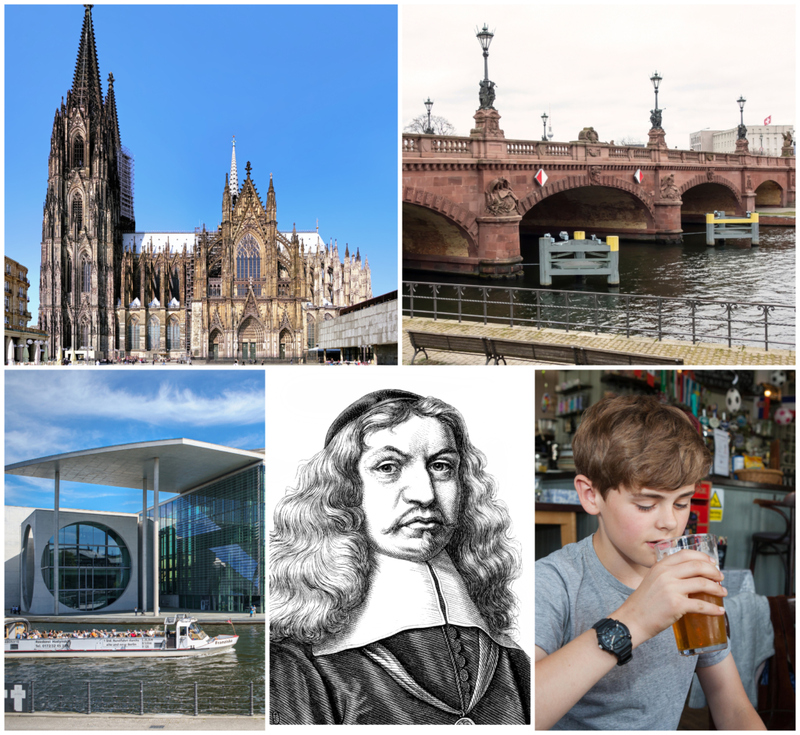
Autobahns, names, train stations, Oktoberfest, baked goods, birthdays, open windows, and rude gestures all appear on this list, so surely you can find something you didn’t know already. Whether you’re getting ready to visit this fun nation or just want to learn something, you’ve come to the right place. We’ll even tell you about some really cool castles, too.
No Limit
Get on almost any road in the entire world, and there’s a maximum speed you aren’t supposed to exceed. Whether you do or not is up to you and the traffic cop who catches you. However, things are a little different in Germany. The Autobahn, which makes up about sixty-five percent of the highways in the country, has no speed limit.
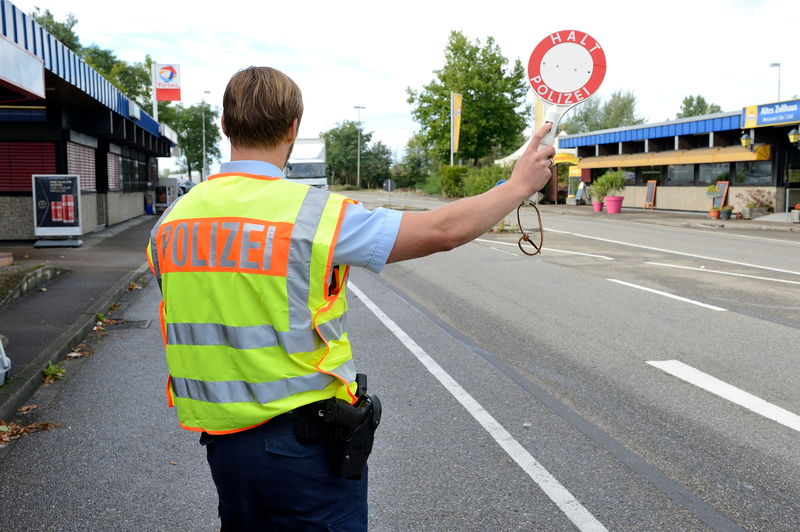
However, that doesn’t mean you can just stomp on the pedal and go – dangerous speeds will still get you pulled over and fined if a police officer believes you were acting in an unwise manner. There are some areas that have posted limits – dangerous areas, places near homes, or places under construction, just to name a few. The recommended speed is about eighty-one miles per hour everywhere else.
Last Names That Mean Something
You might have a friend with the last name Schmidt or Miller or something like that, and there’s a reason so many people have them – many German last names are taken from the profession the person had. Schmidt was a smith, Muller was a miller. Then there are the names that end with “er.” This can mean one of two things.

It can mean “one who,” like a miller is someone who mills, but it can also mean someone from an area with that name. For instance, Muller would be someone from the Mull area. We don’t think there’s a Mill area, though, that’s just an example. Muller is the most common surname in the country, with almost a million people using it.
The Biggest One in the Entire Continent
If you’re a fan of trains and the stations that they use every day, then you need to get yourself to the Leipzig Hauptbahnhof. It’s found in the capital city of Berlin, and it’s the biggest train station in all of Europe. The current measurement tells us it’s 898,400 square feet, which is quite a bit bigger than almost any stadium in the world – it’s actually kind of difficult to represent just how big the train station is using any kind of comparison.
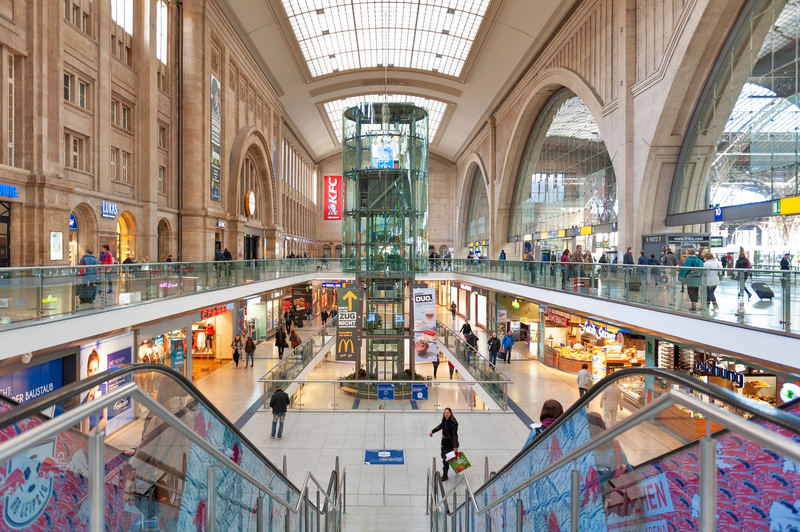
It’s bigger than amusement parks and airports and lots of other things. Despite this, however, it isn’t the busiest station in all of Europe – that would be Paris-Nord, which is found in, you guessed it, Paris. It has an estimated 214 million passengers passing through each year.
Bavaria Is the Place for Beer
If you like a glass of relaxing suds after a hard day of work, then maybe you need to visit the German state of Bavaria. Many people know that Germany is a place for beer lovers, but Bavarians take it to the next level. It’s in almost every part of life – they drink it for meals, they drink it while socializing, they drink it while relaxing at home, and they sometimes even drink it while working.
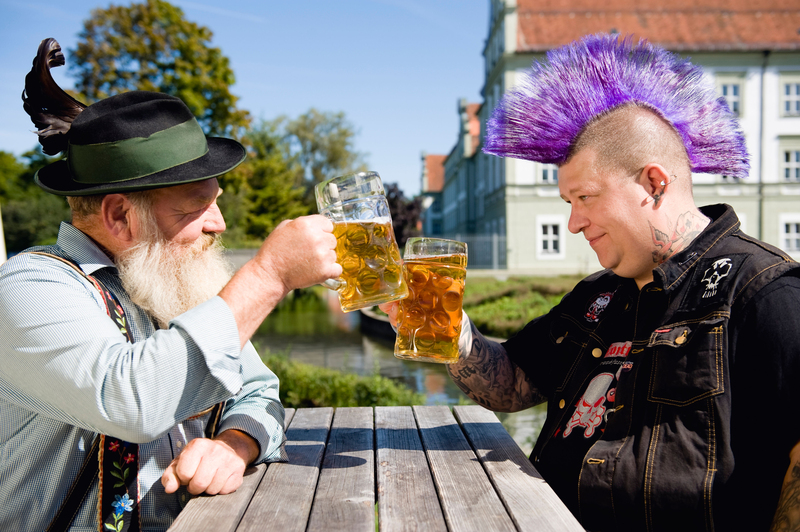
Each year, the average Bavarian drinks about a hundred and fifty liters of beer. The rest of the country – and the continent – have this state to thank for their drinks too, since about half of the country’s breweries are found in Bavaria. Raise a glass to this pioneering state the next time you have a drink.
Really Tall Spires
There are some fantastic pieces of architecture all over Europe, but few of them can stand toe-to-toe with the amazing cathedrals that the continent boasts. One of the biggest and most famous cathedrals in the entire world is found in the city of Cologne, and it’s known as the Cologne Cathedral. Why make things complicated, you know? It’s the largest Gothic cathedral in Northern Europe, and it has the second-tallest spires.
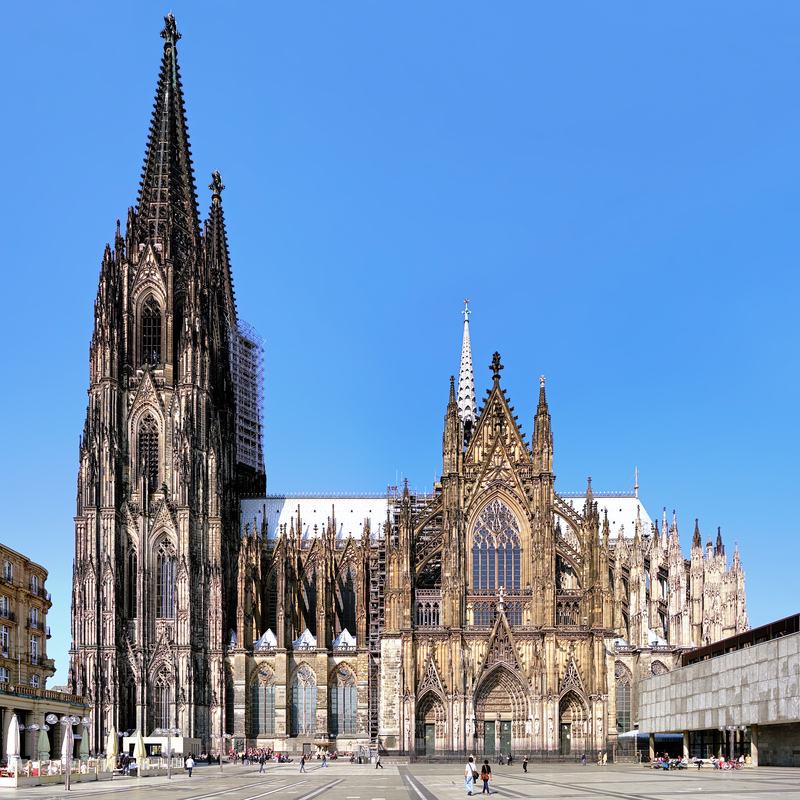
Because of the huge towers and spires, it has the largest facade of any church in the entire world. It also currently holds the record for the church that took the longest to build – construction began in 1248. Want to guess when it was finally completed? More than SIX HUNDRED YEARS LATER, in 1880! Because of all these things and more, it’s Germany’s most-visited landmark.
You Can Escape if You Want
Thanks to movies and television, there are lots of people whose first thought after landing in prison is to try and break out. If you do break out, lots of countries will consider it an additional crime, but not Germany. If you break out of prison and are caught, nothing is added to your charges.
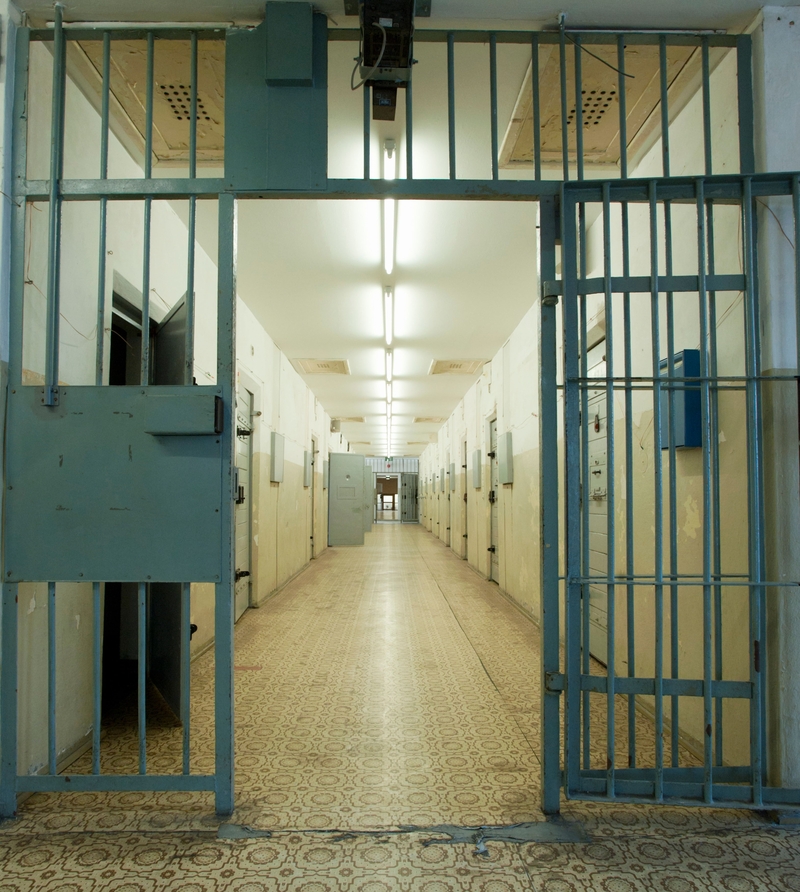
It’s human nature to want to escape imprisonment, even if it is a lawful imprisonment. So while you’ll have to finish your sentence, nothing will get added to your time. Of course, if you commit additional crimes after busting out, those are free games for the courts to add to your sentence or make you pay fines. You just won’t get charged with breaking out of prison itself.
Plenty of Castles Around
For those of us who don’t live in the land of fairytales and magic, castles are something we can only usually dream about. But if you happen to live in Germany, you probably don’t think they’re anything special – you might even be getting sick of them. There are more than twenty thousand castles in the country!
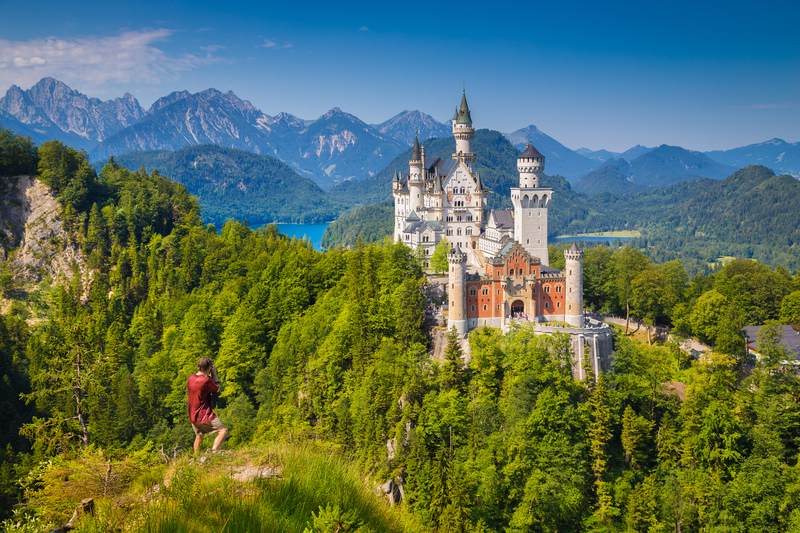
Obviously, not all of these are huge ones like the famous Neuschwanstein Castle, but they all look good in their own special way. They’re some of the most magical places to visit in Europe, and you might even come across some of them while wandering through the countryside. Some are huge, some are small, but all of them have a fun feeling to them. What stories took place inside their walls?
The Best Baked Goods
Another thing that Germany is well-known for is the baked goods that have come out of the country. When counting pastries, cakes, and other sweet treats, the number climbs all the way up to over twelve hundred. But that’s not counting the basic bread that you might use to make a sandwich for lunch. There’s Pretzel, Milchbrotchen, Pumpernickel (which stands for Devil Fart), Brotchen, and lots more.
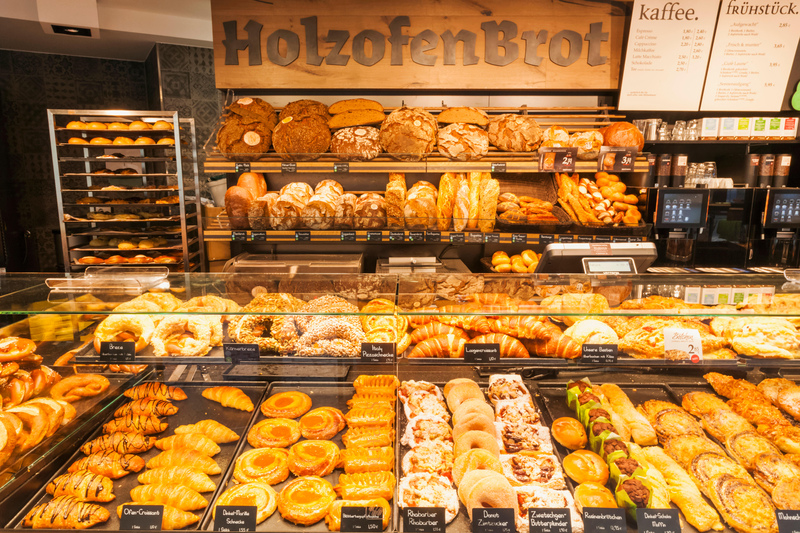
Three hundred in total. You’ve probably tried some of the classic options, like a nice soft pretzel, but if you’re interested in learning more, you might have to take a trip to get all the details about Germany’s baked goods. Apfelkuchen, chocolate lebkuchen, bee sting cake, Linzer cookies, Sacher torte, gingersnaps... the list goes on, and it goes on to make us pretty hungry.
The Bomb Squad Is Always Busy
After World War II, there were lots of bombs lying around in cities and fields that people had to be wary of. Thousands of things were everywhere – you couldn’t throw a hog without hitting one of them. Despite the amount of time since that great war, plenty of people are still finding bombs in odd places.
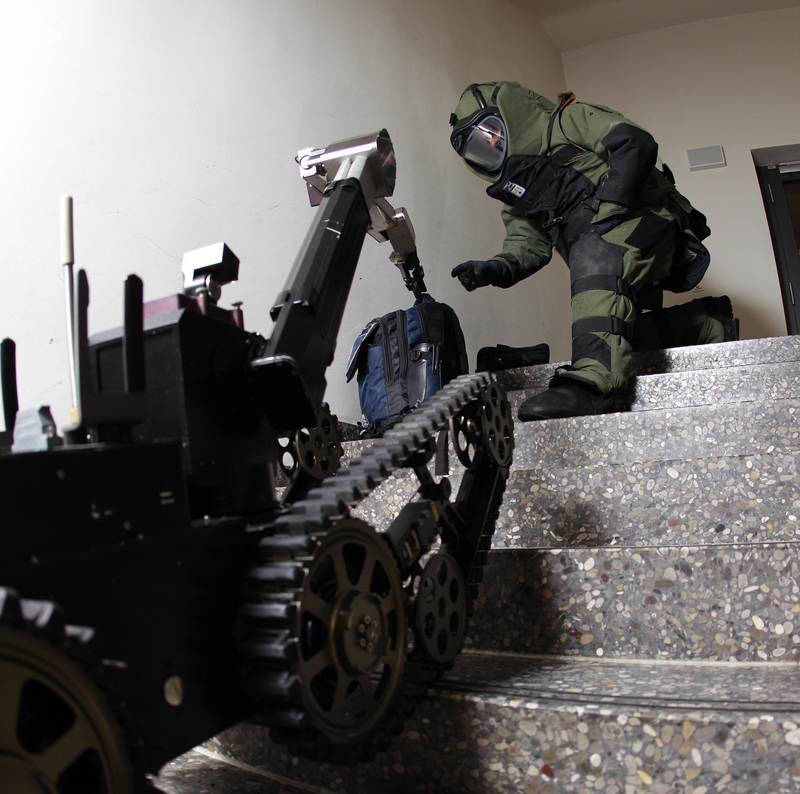
Every year more than two thousand tons of explosive material is found, which is why Germany has well-trained bomb squad crews ready to jump at the chance to get some of those bombs away from people and dispose of them properly. Thankfully, the number is quickly dwindling as time goes on, but there are still plenty being discovered. Two thousand tons sounds like a lot, but remember those bombs can weigh hundreds of pounds.
Kids, Drink Responsibly
Drinking ages vary all over the world, and one of the lowest is that of Germany. Once a kid turns sixteen, he or she is legally allowed to have something like wine or beer. Germany is a country that is less about getting drunk, and more about the social culture of drinking, so there’s less worry about people developing problems.
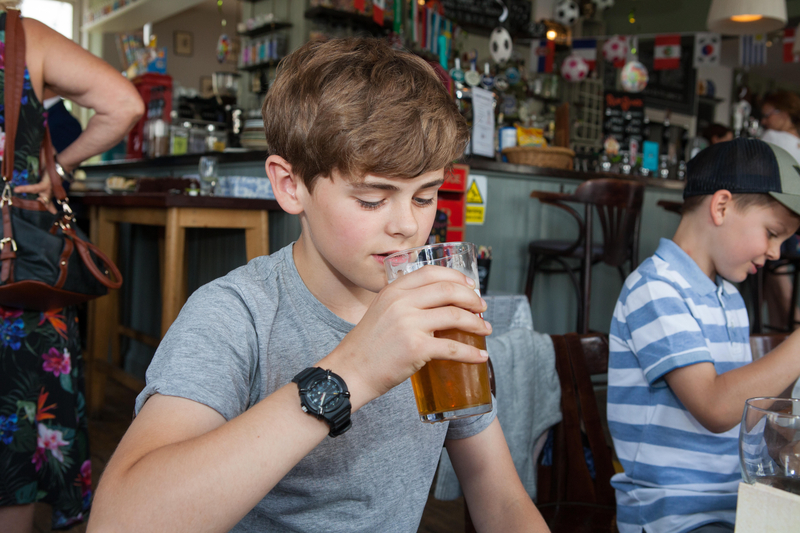
It’s also common to have some wine or beer at dinner, even if the kids aren’t sixteen yet. Still, those teens can’t just go crazy – harder drinks like spirits can’t be had until they at least reach eighteen. Give them a few more years before they start messing up their lives and waking up with hangovers.
Mostly Forest
When you picture Germany, you might imagine bustling, urban cities and plenty of farmland, but it turns out that a pretty big percentage of the country is dense forest. In fact, a little over thirty percent of the landmass is forest. That’s about eleven million hectares! Camping is a popular pastime for people who live near the bounds of this country.
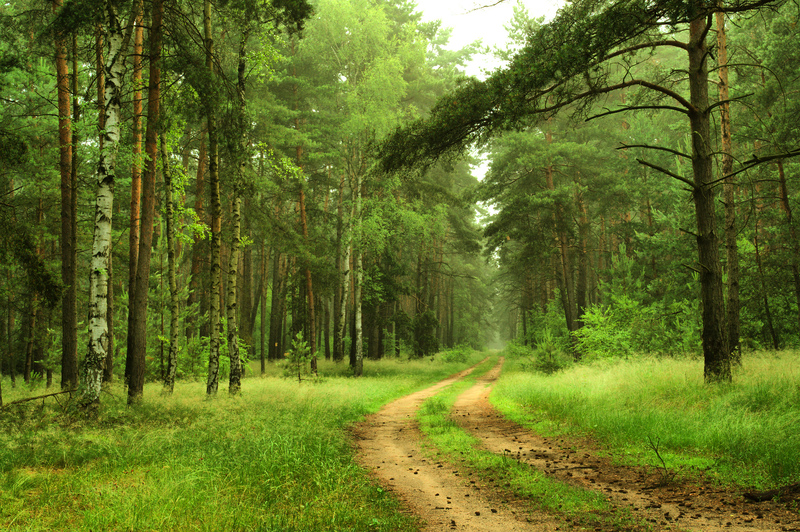
This is despite Germany having some of the biggest cities in Europe, like Berlin, Hamburg, and Munich. There’s a reason that so many fairy tales that have come out of the area (like many of the general areas, like Mother Goose or Grimm’s fairy tales) have the little kids wandering out into the forest. We’re sure that Germany isn’t really full of witches or big bad wolves, but kids should still be careful.
The King of the Meats
Just like in every other country, the people of Germany love meat. But there’s one version of meat that reigns supreme in the country – if you’ve ever visited a German restaurant, you know that it’s the sausage. The country boasts more than a thousand different varieties of the handy little meats.
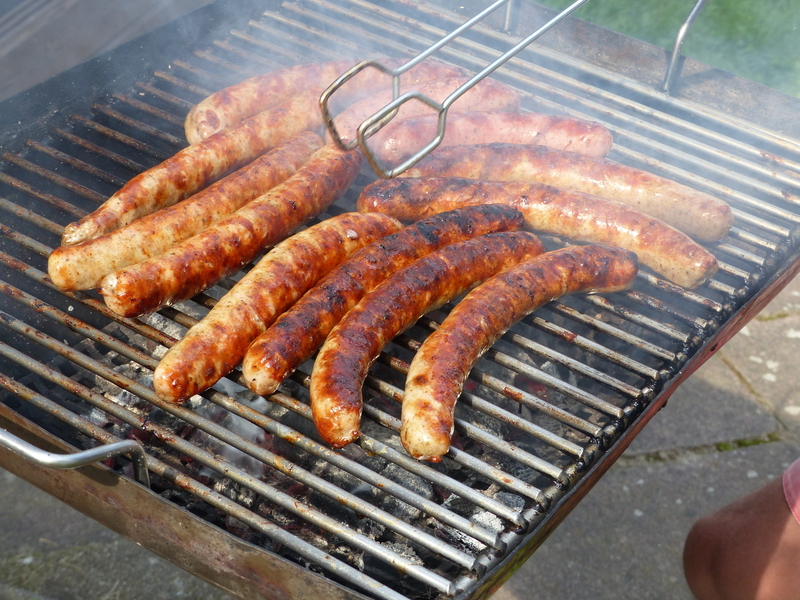
You’re probably aware of the most famous, the legendary bratwurst, but there is also the Frankfurter Wurstchen, the Leberwirst, and the Thuringer Rostbratwurst. The most popular in the country itself is the Currywurst, which is a sausage with the addition of a curry ketchup. It’s a common pickup while enjoying a night out on the town. Germany loves sausages so much that they even have a sausage museum, located in the capital city of Berlin.
A Popular Language
It shouldn’t come as a surprise that German is one of the most popular languages in Europe, but you might be surprised to know it’s THE most popular language. It’s spoken by approximately a hundred million people, making it something like the eleventh most commonly spoken language in the entire world. In all, it contains about thirty-five different dialects which, and we say this from personal experience, makes learning the language a little difficult.

It’s spoken in areas of France, the Czech Republic, Poland, Slovakia, and Hungary, and it’s the national language of Namibia. It’s also a co-official language in Austria, Switzerland, Liechtenstein, and one Italian province. It’s similar to English in a lot of ways – about sixty percent of the vocabulary is shared with English. Consider the German words pretzel, wanderlust, uber, ersatz, and even hamster.
Big Fans of Football
The sport of football (that would be soccer for American readers) has an astounding popularity in Germany. The nation has its own football chant, and it’s home to the most fan clubs for the sport in the entire world. That’s really saying something when you think about countries like Brazil, Italy, and the United Kingdom. It’s Germany’s national sport, and it’s seen plenty of success in the World Cup both on the men’s side (having last won in 2014) and the women’s side (earning two wins since 2003.)

The German Football Association has six point six million members – roughly eight percent of the population of the country. The first match was arguably held in 1874 in Braunschweig between two schoolteachers after one of them obtained a ball from England. At that point, the match was a lot closer to Rugby.
Much Bigger, and a Lot More Bridges
How big would you say Paris is? If you guessed about forty-one square miles, you’d be right! Wow, that’s a good guess. But how big do you think Berlin is? If you guessed the same amount, you’d be way off. Actually, Berlin is about eight times as large as the capital of France! Paris is much denser than Berlin, but Berlin has the other city beat in another way – far more bridges.
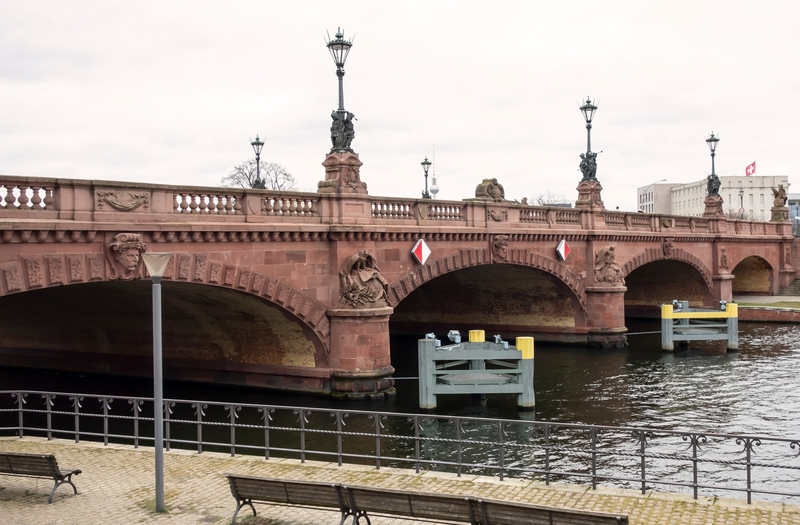
Berlin contains more than seventeen hundred bridges that span rivers and bodies of water of different sizes. Depending on how you define a bridge, there could be as many as twenty-one hundred in the city. Ask anybody who’s been in the city which one is best, and you’ll get hundreds of different answers.
Once Much Larger
Germany’s size has fluctuated plenty of times in the past hundred years or so, but it was once much smaller – in 1871, the country was made up of small kingdoms such as Prussia, Bavaria, the Grand Duchy of Hesse, Holstein – there were a whole lot of them. Right at the start of 1871, however, a great deal of these little kingdoms joined together into the German Empire, which was actually bigger than Germany is today.
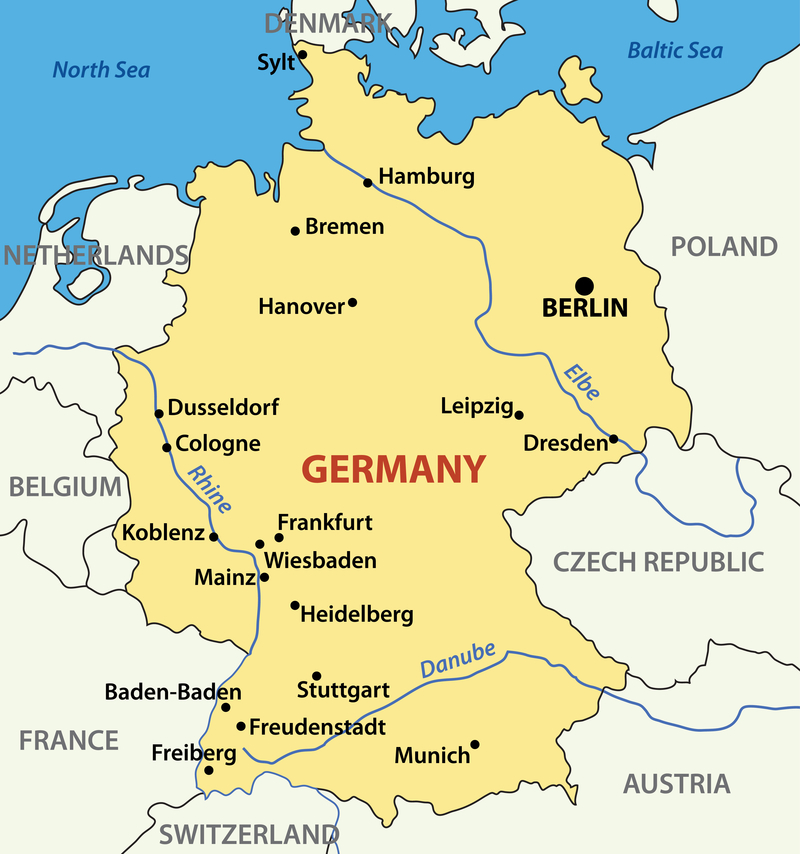
Not all of the German states joined – these include Austria, Switzerland, and Liechtenstein, all of which decided to take the chance to become their own countries. This German Empire lasted until the November Revolution of 1918, in which the Second Reich was ended and the government was changed to a republic.
Travel Is a Big Part
Germany is heavily populated and there’s lots of space to explore creepy forests and ancient castles, but a lot of Germans love to get outside the confines of their home country and explore the world. We’re told that Germans like traveling more than the people of any other country in the world – but why? They have a lot more mandated vacation time, which not only allows for more smaller trips, but longer trips that are farther away.
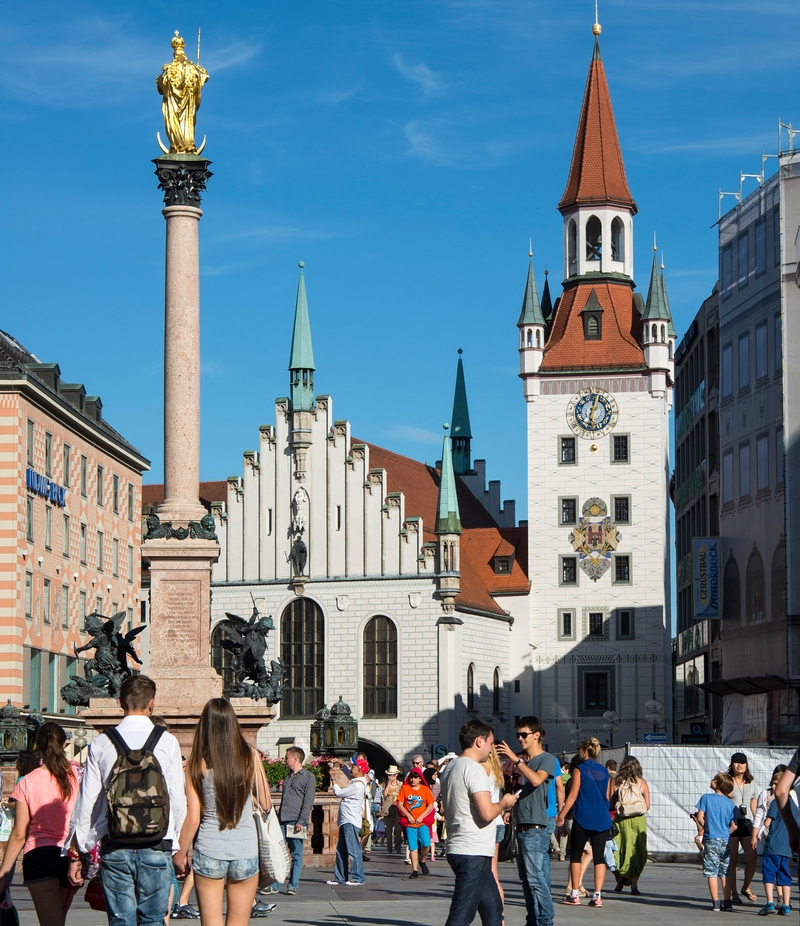
Germany is also close to lots of countries with plenty of fun sights and adventures – the beauty of Paris, the Swiss Alps, the Mediterranean Sea, the Spanish coast – the list goes on. For readers from America, it’s a lot like going over to another state for the weekend. Except you have to know more languages.
Pedal to the Metal
Germany is a country with no-limit roads and plenty of highways, so of course they love their cars, too. As a general rule, they like to drive and have plenty of cars with which to do it. The country is one of the biggest producers of cars in the world (in 2022, about 3.4 million vehicles were produced in the nation, up from 3.1 million in 2021.)
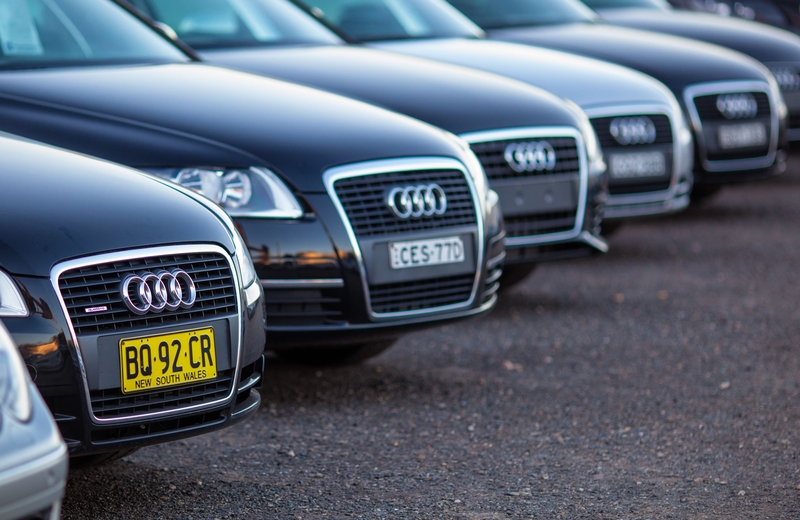
They have some of the most famous luxury names in the market, such as BMW, Mercedes-Benz, Porsche, Audi, and Volkswagen. The buyers are just as prolific, with consumers picking up something like six million cars every year. We assume those include used cars since that’s more than twice the number of cars that were even produced in the latest year.
The First in the World
We’re sure that Germany is responsible for a whole lot of firsts, but here’s one that goes back hundreds of years – the world’s very first magazine. It was called the “Erbauliche Monaths Unterredungen,” which means “Edifying Monthly Discussions,” and it was a magazine that contained articles about German philosophy and literary topics, printed and published by theologian and poet Johann Rist in Hamburg.

How long ago was this? Try all the way back in 1663! It ran for five years and inspired the creation of numerous other magazines of a similar nature. It might have only gone for five years, but it was likely the first time a periodical was published in such a way, and it led to an enthusiasm for education among the audience, which was composed of primarily intellectuals.
The Biggest Bash of the Year
Even if you’ve never gone near Europe, you’ve probably heard of Oktoberfest. You likely know it as a huge beer festival that goes for about half a month, but that’s not how it got its beginning. The first Oktoberfest was way back in 1810, and it was the marriage celebration of a royal couple. It went on for five days, and then it became a yearly celebration which eventually stretched to the two-week period that we know and love today.
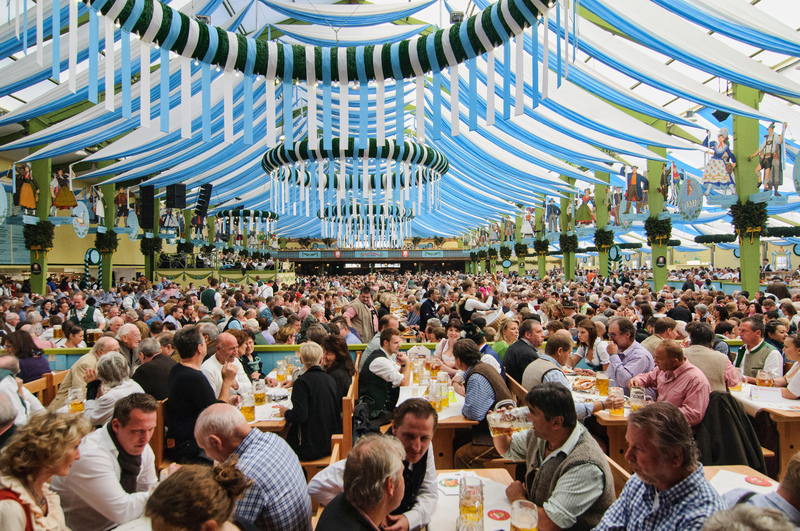
As of this year, it stands as the biggest beer fest the world has to offer. Despite the name, this grand event centered around food, drinking, and fun begins in September. This is apparently because the days were longer and the weather was warmer, which kept people outside and having fun (and, more importantly, spending money) for a longer time.
One of the Most Punctual
The Munich Franz Josef Strauss Airport, located in the city of Munich, is the second-busiest airport in the country after the Frankfurt Airport, and the ninth-busiest airport in Europe, conveying about fifty million passengers every year. It has its own brewery and a beer garden, but you won’t be able to relax too much – this airport is said to be one of the most punctual in the world.
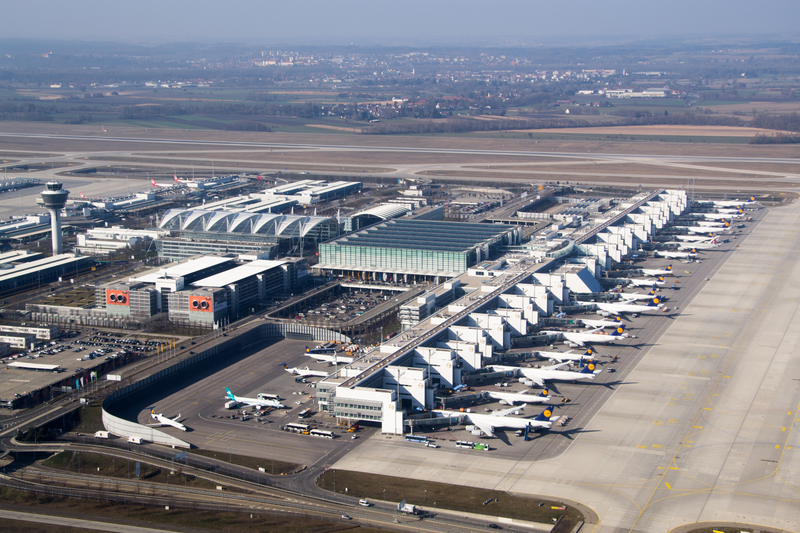
Chalk up another win for storied German efficiency, which has planes leaving on time. They can’t do much about planes arriving on time, but we don’t blame them for that. It has incredibly modern amenities, such as privacy pods, a big play place for kids, and all the standard duty-free shops and fun restaurants that airports always feature. But you can’t get pork knuckles in every airport, can you?
They’ve Come up With Plenty of Useful Stuff
Germany is the home to quite a number of inventions that still get used today. These include the airbag, which was first used in 1981 as an option for the Mercedes-Benz S-Class, the pain-dulling medication aspirin, beer (or at least the version that we drink today), the bicycle, book printing, the wonderful and festive Christmas tree, contact lenses, and even things like the gummy bear, thanks to the candy company Haribo.
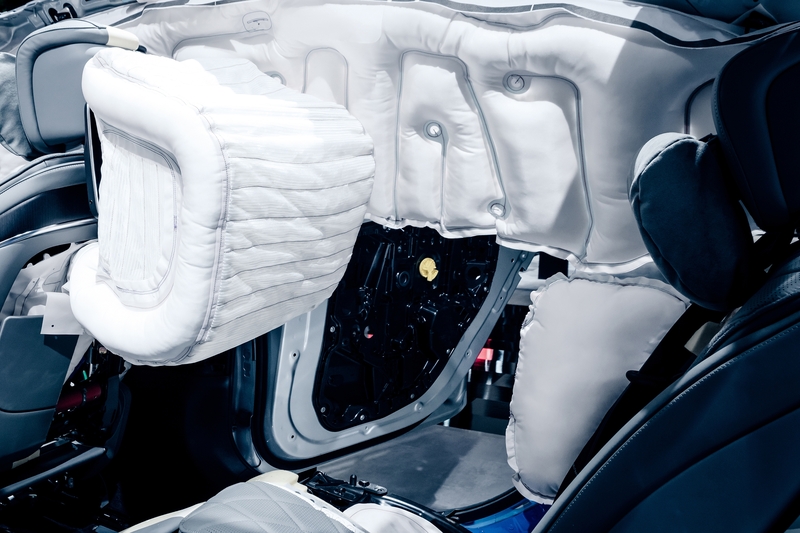
They came up with the MP3, coffee filters, tape recorders, and diesel engines. If you’ve ever broken a bone, the doctor probably used the German invention of the X-ray machine. Millions of vehicles like boats and trucks make use of the diesel engine. There’s even a part of fashion on this list – denim jeans. Something you very well might be wearing at this moment.
Proud of Their Culture
There are plenty of countries that are proud of the land where they were born and enjoy showing off their culture, but Germany might just rank among the top in that (admittedly hard-to-quantify) category. The country as a whole contains more than six thousand museums. Let us make some comparisons. The United States has about thirty-five thousand museums in total. That’s a lot more, but think about the size difference.
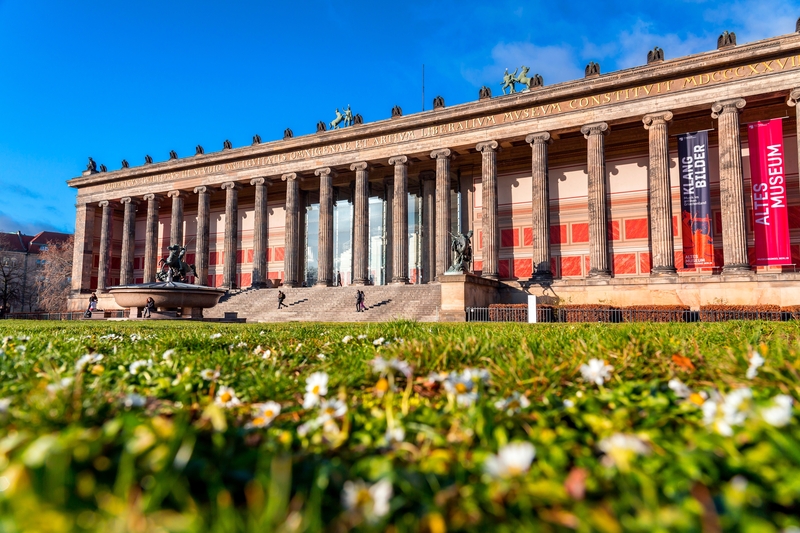
Germany is about 28 times smaller than the area of the U.S., meaning Germany has almost five times as many museums per square mile. The country also has more museums per person, about twice as many. There’s a whole lot more history there, to be sure. Not only that, but the country has a hundred and thirty orchestras as well as eighty-eight hundred libraries.
A One-Word Tongue Twister
The German language can be a tough one to pronounce, but there’s one word that stands head and shoulders above all of them. Donaudampfschiffahrtselektrizitätenhauptbetriebswerkbauunterbeamtengesellschaft. You see, when it comes to German words, if you want to modify them you don’t add more words, you add TO the original word. Thus, this word means “Association for Subordinate Officials of the Main Maintenance Building of the Danube Steam Shipping Electrical Services.”

Bet you weren’t expecting that, were you? It’s the longest word in the German dictionary at seventy-nine letters...or was, anyway. We’re sure this isn’t the kind of word that gets a whole lot of use, but it still won something from the Guinness Book of World Records for being the longest word in the German language. We bet even native speakers can get sick of saying it. It’s enough to make a non-German speaker dizzy.
Time to Put up the Tree
Few things mark the start of the Holiday season like putting up a Christmas tree, real or plastic, and stringing it up with lights and ornaments. Every family does things a little differently, and they’re all beautiful in their own way. Germany was the first place to make this a tradition, going all the way back to the Renaissance in the sixteenth century.
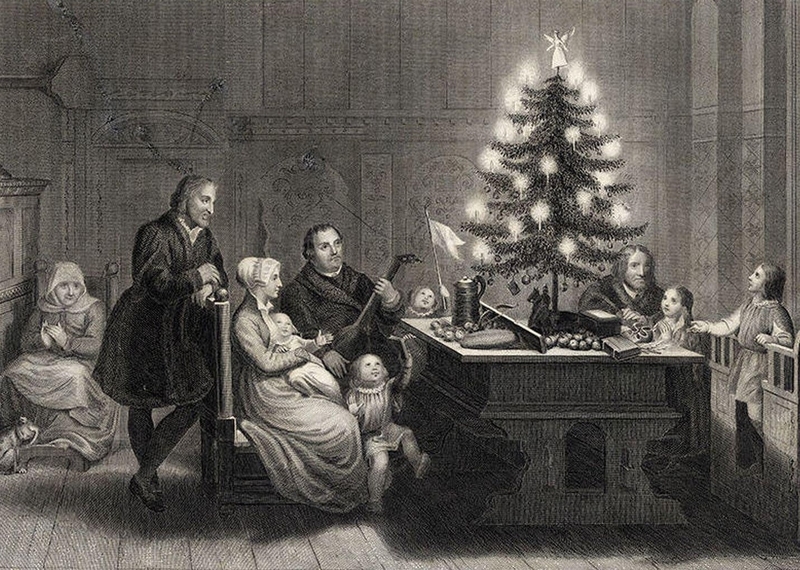
Some people believe it was famous theologian and reformer Martin Luther who first added candles to an evergreen tree. The first recorded use was in 1539, in the Cathedral of Strasbourg. The first firm, dated use of a Christmas tree to celebrate the holiday season was in 1576, from a keystone sculpture of a private home in Alsace – then part of Germany but now in France.
The Narrowest in the Entire World
We don’t know if you’ve been looking for this information, but we know exactly where the narrowest street in the entire world is. It’s to be found in Reutlingen, Germany, and it measures a mere thirty-one centimeters across at the narrowest point. Its widest point sees it balloon to an immense fifty centimeters. That’s about twelve inches to a little under twenty inches.
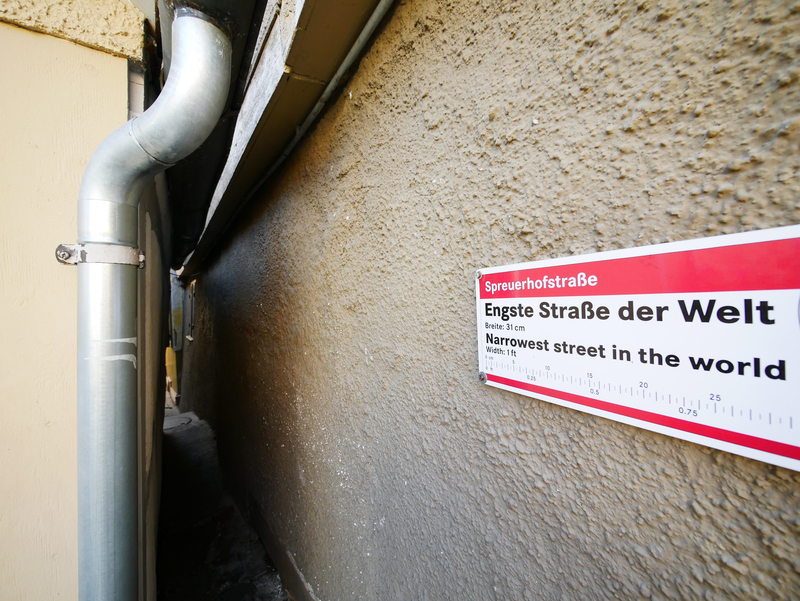
This narrow alley is between two very close buildings and was built in 1727 after a massive fire laid waste to the area in 1726. It’s listed in the Land-Registry Office as City Street 77, but it’s gained some worldwide acclaim thanks to its incredibly small size. We’re not surprised that the narrowest street in the world is in Europe, but we are a little shocked at just how small it is.
Like a Language All Its Own
The German language doesn’t usually differ all that wildly when it comes to dialects, but the Cologne version of the language, known as Kolsch, does. It’s spoken by about twenty-five percent of the city’s population, and it comes off as a sort of slow combination of Dutch and German. It has some different sounds and pronunciations compared to what one might call standard German.
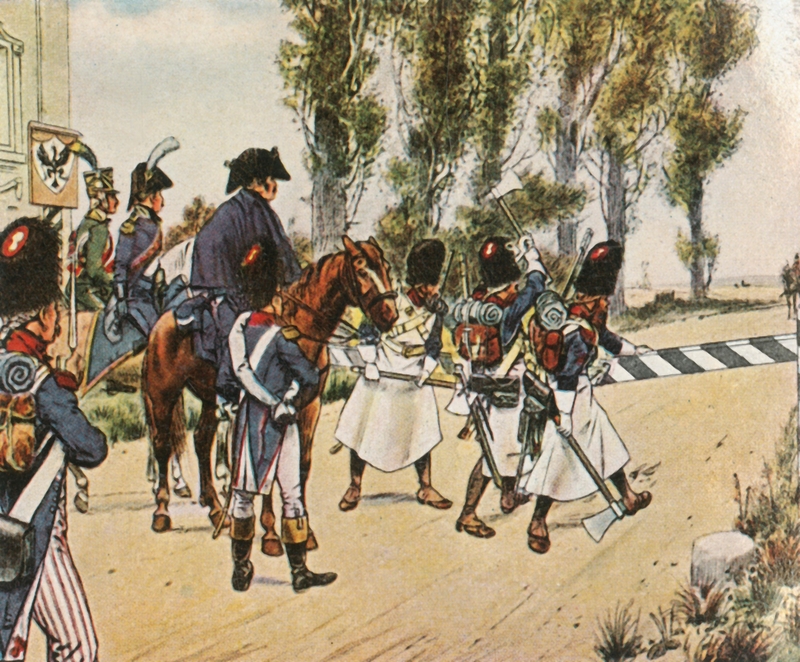
The ch sound is pronounced like “sh,” so the German word for night, nicht, sounds like nisht. Certain vowels are also pronounced differently. It also uses the word grade, which means just, and it’s a way to create a present tense, something that German doesn’t use very often. It also has a bit of French in it, thanks to Napoleon's troops occupying the city for a few decades.
Making the First Day Fun
For kids that are still in school, few things contain more jitters, fear, and unhappiness than the first day of school. Sure, they might look great in their little outfits, but then they have to spend all that time at school. Germans have come up with a fun way to make their first day a little better. The kids get a cone (made of paper) that is full of fun stuff.
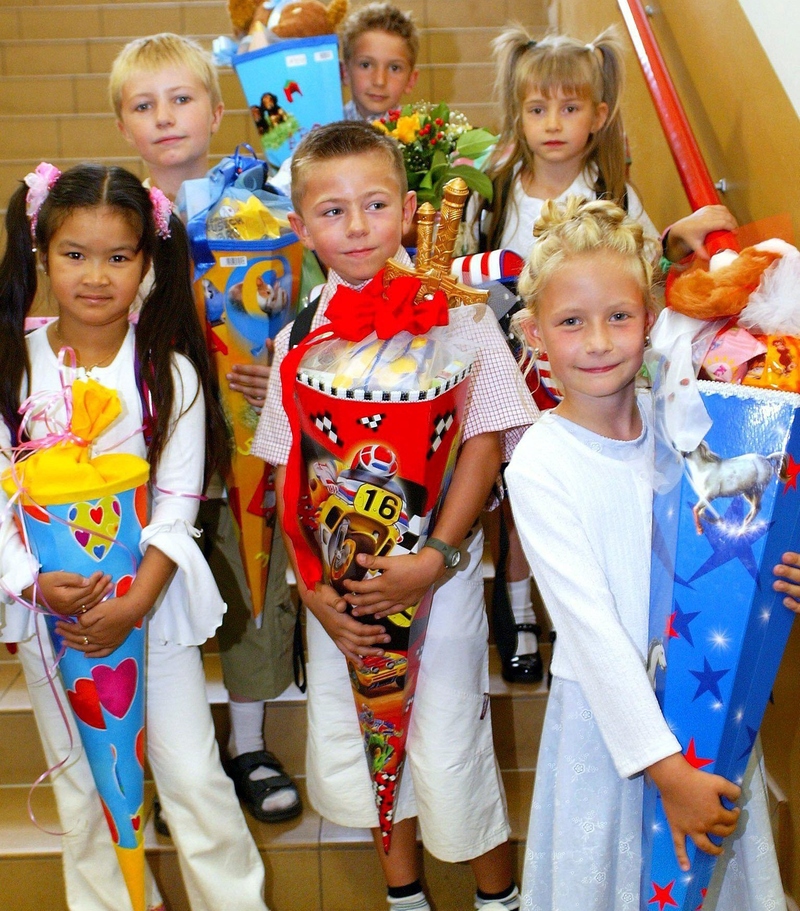
When the tradition started during the late eighteenth century, it was mostly sweets and snacks, but today kids can expect things like school supplies, games, and even, we’re told, electronics like cell phones and video games. Parents that have been polled say they spend anywhere between five and a hundred euros. There’s also sometimes a cake with the student’s name on it for first-graders.
Looser Booze Laws
As might be expected for a country that has so much culture around beer, the laws about drinking in public are far more relaxed in Germany than in many other places. Even if it isn’t necessarily legal to drink in a public place in Germany, there aren’t many people who will get on your case about it as long as you aren’t acting like a big dummy.

There are also plenty of places where it’s perfectly legal. Obviously, one still has to be careful if one doesn’t want to end up in the drunk tank for a night of sleeping off the brew. If you happen to need this sort of service, it will come with a fee of several hundred Euros which covers damages, time spent, transportation, and possibly even medical services.
Names Are a Serious Business
Germany can reject a baby’s name if it doesn’t meet certain criteria. There were three rules in the books. First, the baby’s name can’t be a surname, a product, or an object. So no Apple. Second, the baby can’t be named anything that would negatively affect the child in life. This one can be a little objective but don’t name the baby something that will definitely get him or her teased and you should be good.

At the very least, no children named Adulf. Finally, the baby’s first name had to indicate gender clearly. If it didn’t, either the name had to be changed or a second gender-specific name had to be added. This rule has actually been softened to allow for gender-neutral names in recent years.
The Right Time to Say It
Most of the time, if someone’s birthday is coming up, there’s no reason not to say “Happy birthday,” even if it isn’t the day itself. This isn’t the case in Germany – make sure you don’t wish someone a happy birthday before the big day. This includes giving any well-wishes, cards, gifts, etc.
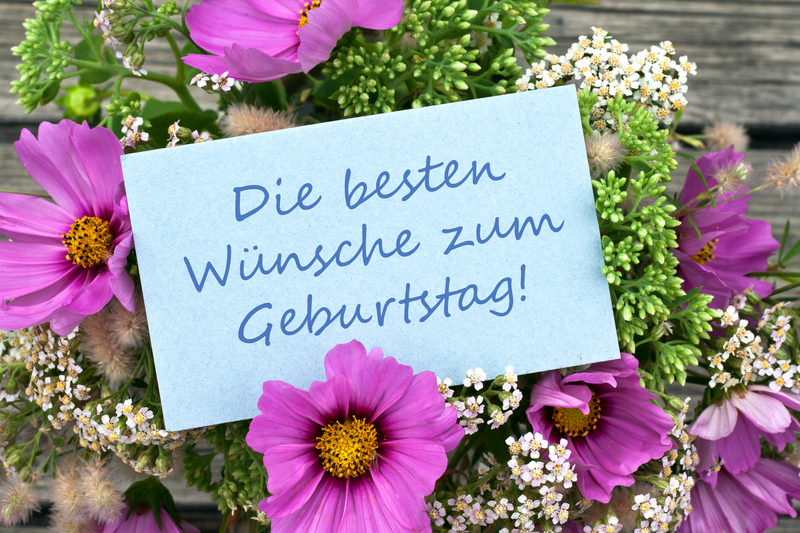
It’s considered bad luck thanks to an old superstition that says if you say happy birthday before it actually arrives, it could keep the person from having one at all. You can still send things, but you should mark them to not be opened before the day arrives. We wonder if this little tradition was thought up by German parents to keep their kids from pestering them before it was actually their birthday.
Getting Rid of Nuclear Power
After the nuclear disaster in Japan in the year of March 2011, Germany’s newer government decided that it would get rid of all the remaining nuclear power plants by the end of 2022. It hasn’t exactly gone according to schedule, with several groups protesting the shutdown, as it’s a much greener source of fuel and far less likely to cause accidents than many of the other forms of power the nation uses.

The Green party wanted to keep at least two power plants on standby in case emergency power was needed. After the Russian invasion of Ukraine, the economy was damaged, and the three remaining power plants at the time were kept operating in order to keep homes powered. These three plants produce about six percent of the country’s electricity.
Keep the Windows Shut
Nothing beats throwing wide the windows on a comfortable day to air out the home and get some fresh scents blowing through – but there are a couple of places in Germany that refuse to do so. They believe that an open window can bring illness into the house based on old folklore. We’re having trouble coming up with an actual source of the folklore, but suffice it to say the people who believe this might not be fully correct.
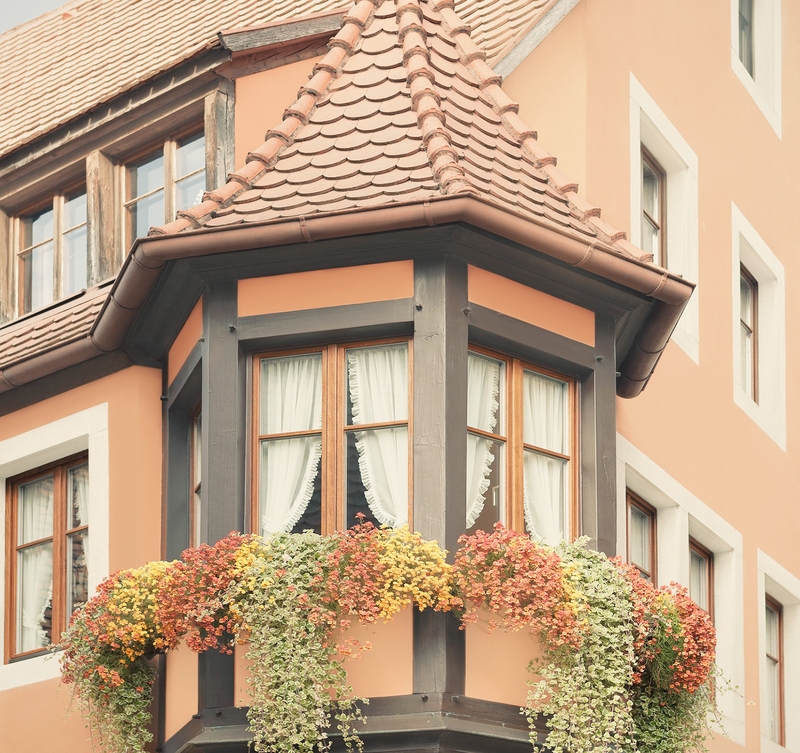
Of course, that’s just a bit of Germany – most Germans actually love throwing open the windows to let the breeze roam about the house. Why would illnesses only be able to enter the house through the windows? Couldn’t they come in through the doors, too? Or even more likely, the people that are walking through the doors?
Keep Your Temper Under Control
If you’re driving and somebody cuts you off, what options do you have? There are many people who will extend a certain finger toward the other driver, or the pedestrian who got in their way, or whatever else the situation calls for. Take this track in Germany, however, and you could find yourself in court.

Flipping the bird is actually a “beleidigung” or insult in Germany, and if enough people see you do it, you could be taken to court. If the court finds you guilty, you could be forced to pay anywhere from one hundred to four thousand euros. It’s especially risky to do this while you’re driving since people could easily just take down your license plate and report you to the police afterward.
A Trio of Meaningful Colors
Ever wondered what the three colors of the German flag stand for? It’s a simple standard, but there’s plenty of meaning behind it. The flag first came about in the 1840s, when the German Association adopted it after the defeat of Napoleon. The three colors stand for the three political parties that were in action at the time.
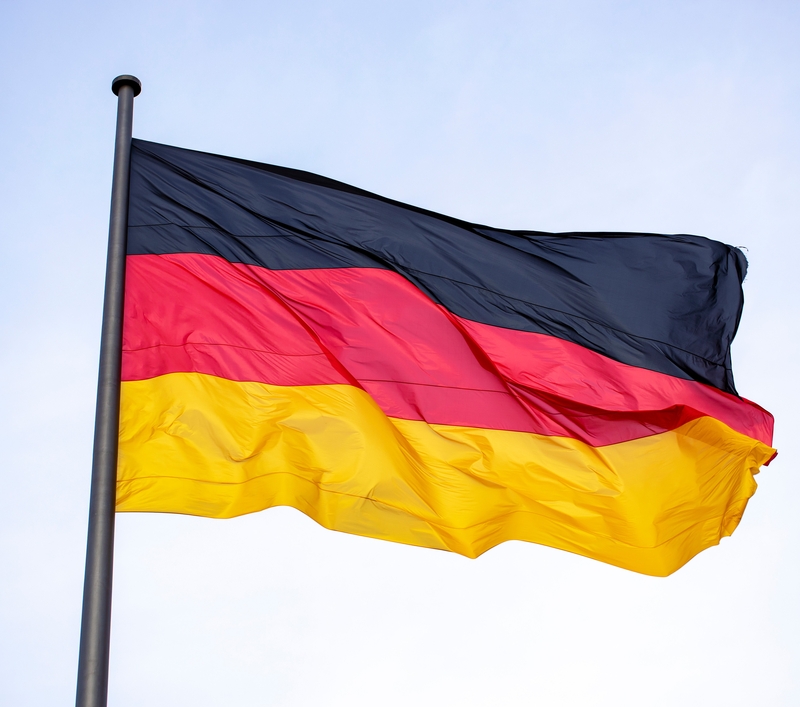
The black stands for the centrist party, the red is for the republican party, and the gold is for the democratic party. This is from almost two hundred years ago, so these parties have largely disappeared or changed to be very different from how they were at the time. Together, all three of the colors work together to represent freedom and unity. The flag continues to inspire to this day.
The Beautiful City
Dresden certainly isn’t the biggest city in the country – it sits at number twelve in the population list in Germany alone – but it has a rich history. It was the capital of the Germanic nation of Saxony and is the capital of the state of the same name. Thus, it was the royal residence for the Electors and Kings of the little nation.
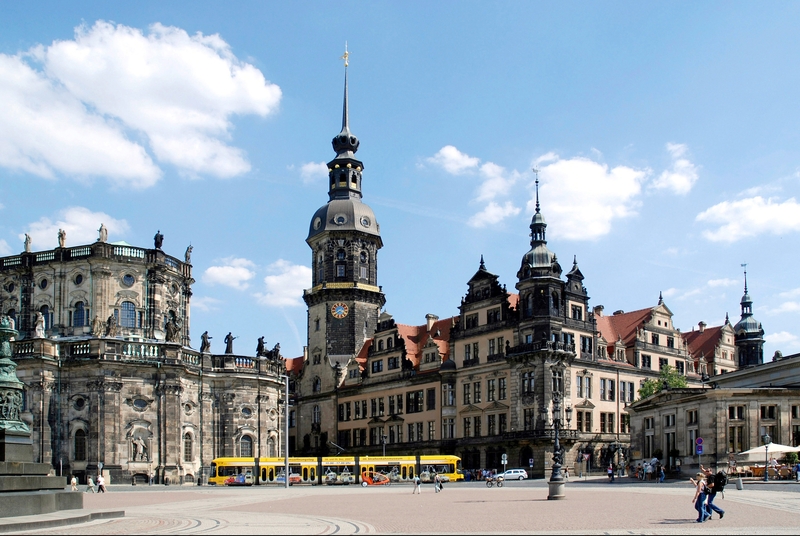
It’s one of the most beautiful cities in the country thanks to the baroque and rococo architecture. In particular, the city center draws plenty of attention from visitors, of which there are many. The city regularly racks up almost five million overnight stays every year. In fact, it’s one of the cities in the country that has the most visitors every year.
The Best Place to Visit
It should come as no surprise that the city tourists want to visit the most is the capital city of Berlin. It’s an ancient city with tons of incredible sights to see. The Berlin Wall is an incredible piece of recent history, the Brandenburg Gate is one of the most recognizable landmarks in Europe, and the roof of the Reichstag Building is a beautiful, modern glass dome swimming with mirrors.
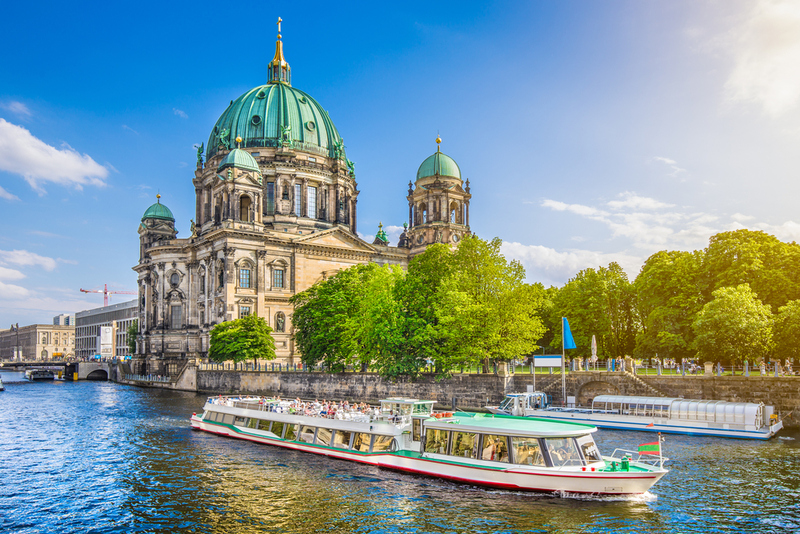
Want to learn about history? Try the Museum Island, which is full of world-class museums. The Berlin cathedral’s beautiful domes never let you look away. There are endless tourist attractions, buildings, and parks to enjoy. It’s considered relatively cheap to visit, and it’s one of the top three tourist destinations in the entire continent.
The Oldest City in Germany
Germany has been around for a long, long time – in one manner or another, at least. But what is the oldest recorded part of Germany that is still around today? It’s the city of Trier, located on the banks of the Moselle River on the west side of the country. This city was founded more than two thousand years ago, in (or even before) sixteen B.C.
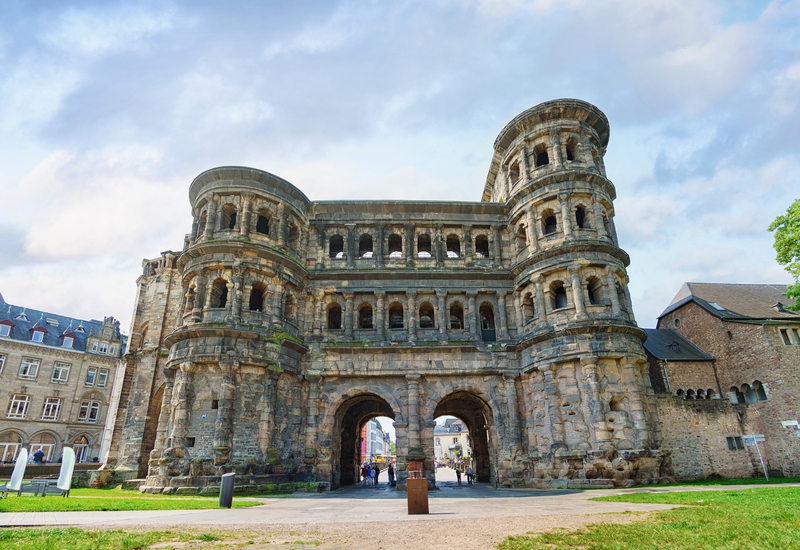
There are plenty of fun architectural and archaeological attractions, like the old Roman gate, which is named Porta Nigra (Black Gate), the historic Trier Cathedral, the Trier Market Square, and the Trier Imperial Baths, which were some of the grandest structures of their time back in fourth century A.D. There’s even a beautiful old Roman bridge that is still standing that you can walk across.
The Birthplace of Classical Music
You could ask the person who knows the least about classical music and they’ll still have one name they can talk about: Ludwig Van Beethoven. Some of his works are among the most beloved and memorable tunes that the world has ever heard, including “Fur Elise,” “A Song of Joy,” and the opera “Fidelo,” The man was actually born in Germany, in the city of Bonn in 1770.
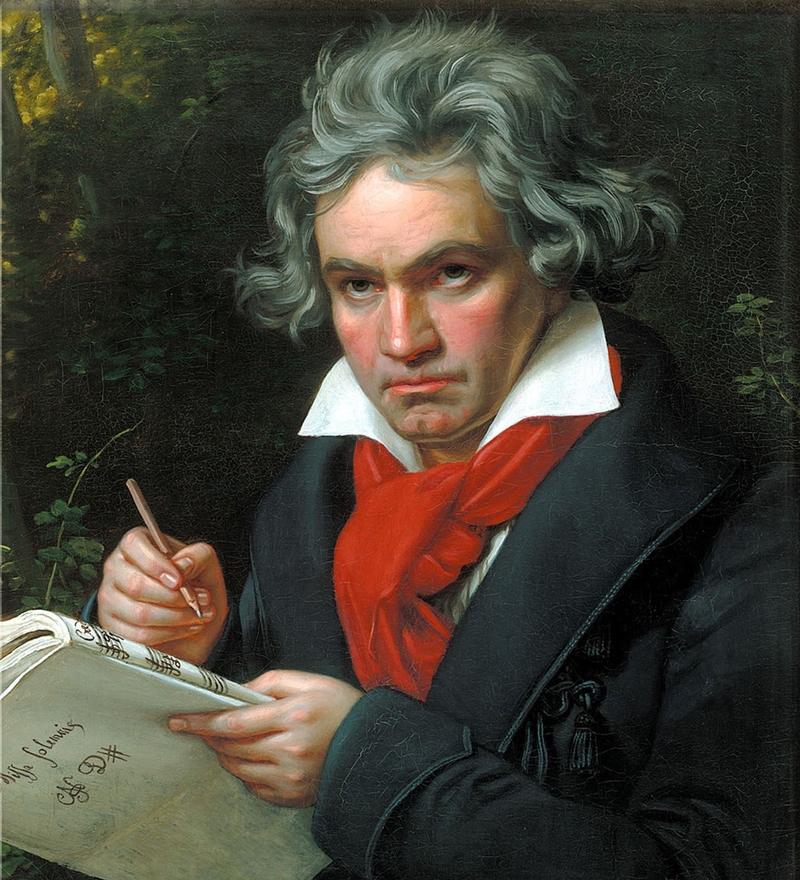
His obvious musical talent, and being from a musical family, led him to start publishing his music while just a teenager before eventually becoming one of the most famous composers to ever live. He didn’t spend that long in Bonn, since there was a rumor of war (which would turn out to be true) and moved to Vienna. That doesn’t stop Bonn from celebrating being the birthplace of Beethoven.
A Famous Football Rivalry
Every country in Europe loves football, but few countries can stand up against Germany when it comes to their love of the sport. One of those countries is the Netherlands. Both of their national teams are ranked at the top levels of the sport, and the two countries love to see them play together.

While there were anti-German feelings coming from the Dutch before 1974, the rivalry truly began in that year, because it was when the Netherlands lost to West Germany in the World Cup finals. This rivalry is so legendary that it has its own Wikipedia page. Currently, Germany holds the lead with sixteen wins to The Netherlands's twelve. There are also seventeen draws. Their first meeting was more than a hundred years ago, in 1910.
A Most Temperate Country
While a lot of countries have a wide range of weather patterns, temperatures, and climates to choose from during the year, Germany is one of the countries that keeps things relatively middle of the road. The country rarely sees extremely cold or prolonged winters (as far as snowfall and temperatures go, at least). Rainfall is common throughout the year, with most of it landing during the summer.
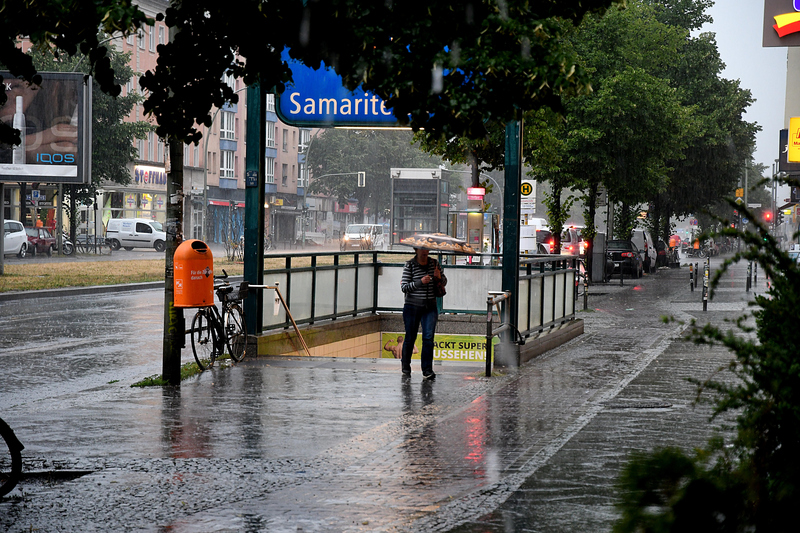
And even the heat of summer tends to not be too extreme – the average high temperature usually settles around seventy-three degrees Fahrenheit, or about twenty-three degrees Celsius. The country enjoys moderate temperatures no matter what season it is, which must be nice if you need to know what kind of weather you’re going to be dealing with. Just bring a jacket and you’ll be fine.
Beer Is Fine, Smoking Isn’t
The rules are a little more lax in Germany about what you can and can’t do in public. Sure, you can drink in public, that’s fine. But, just like in the United States, you can’t light up in public. Smoking in public areas is, in fact, illegal in Germany. This includes places such as bars, parks, or restaurants, and extends to plenty of other places, as well.

In addition – and to the surprise of exactly no one who cares about public health – smoking in all its forms is also banned in public youth areas such as schools and daycare centers. Smoking is a little more popular and common in Germany than it is in many other countries, with about twenty-five percent of people partaking in the habit.
The Opposite Wedding Tradition
What does the bride wear at a wedding? If you’re at a wedding in most countries of the Western Hemisphere, the answer is white. Or, at least, a brighter color. In Germany, however, that isn’t the case at all. In 1885, a Bated-Wurttemberg tradition tells us that all women should wear black gowns or dresses. But the outfit wasn’t totally black – accessories such as the veil, gloves, and bouquet should be white.
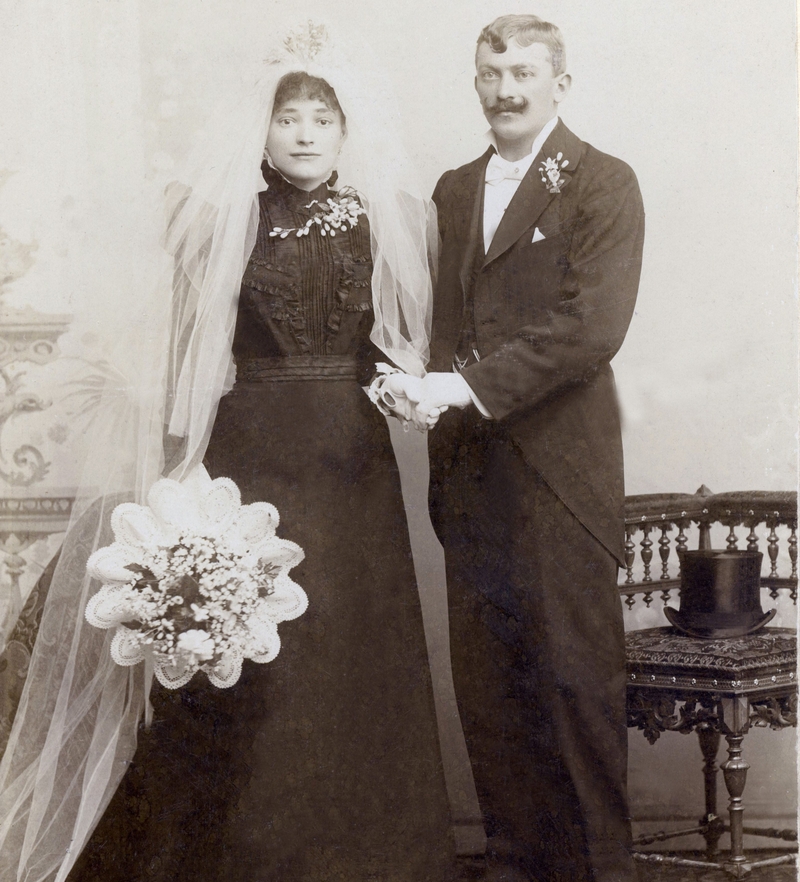
We couldn’t find a reliable source for why this was the trend, but it seems that people in Germany wear black quite a lot, even these days. The groom would wear a black suit to match his bride. The tradition was carried to women in the United States after an influx of German immigrants before they, too, adapted to the primary white tradition.
A Big Printing First
It’s well-known that Germany was the country that revolutionized reading, writing, and printing, thanks to the invention of the printing press by Johannes Gutenberg in the first half of the fifteenth century (an official record of his invention first appeared in 1439). It was developed after a lengthy process – Gutenberg had to come up with type molds and a number of other developments.
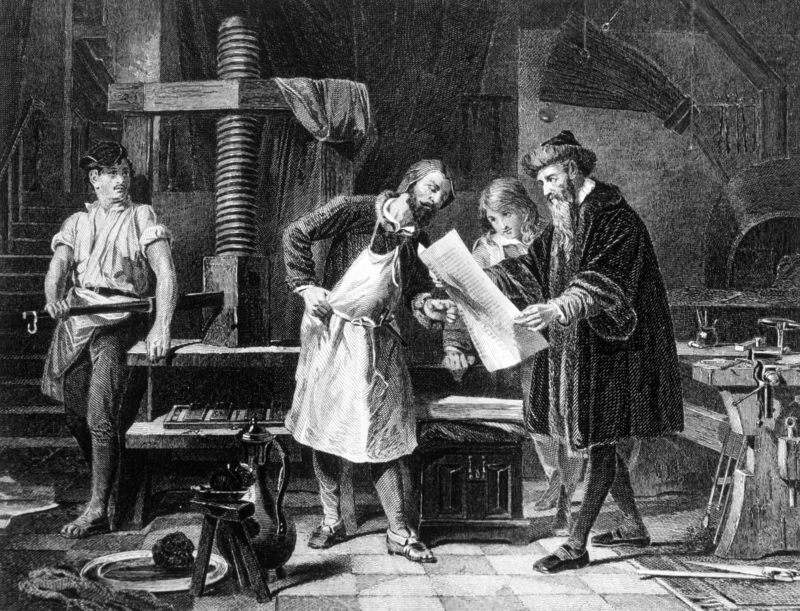
This includes his most ingenious design: a special matrix that allowed people to quickly and precisely mold new types of blocks from a uniform template. With his invention, he created what is thought to be the world’s first printed book: the Gutenberg Bible, a Latin-language Bible printed in 1455 in Mainz, Germany. It was printed in red and black ink by Gutenberg himself, and it was a landmark moment in...well, a whole lot of things.
Maybe They’ll be the First to Get Rid of It, Too
If you live in one of the many countries in Europe, the Americas, or scattered around the rest of the world that observes daylight saving time, you’re probably trying to find out who to blame. Turns out it’s the Germans! The concept was first proposed by George Hudson in 1895 as a way to save on fuel.
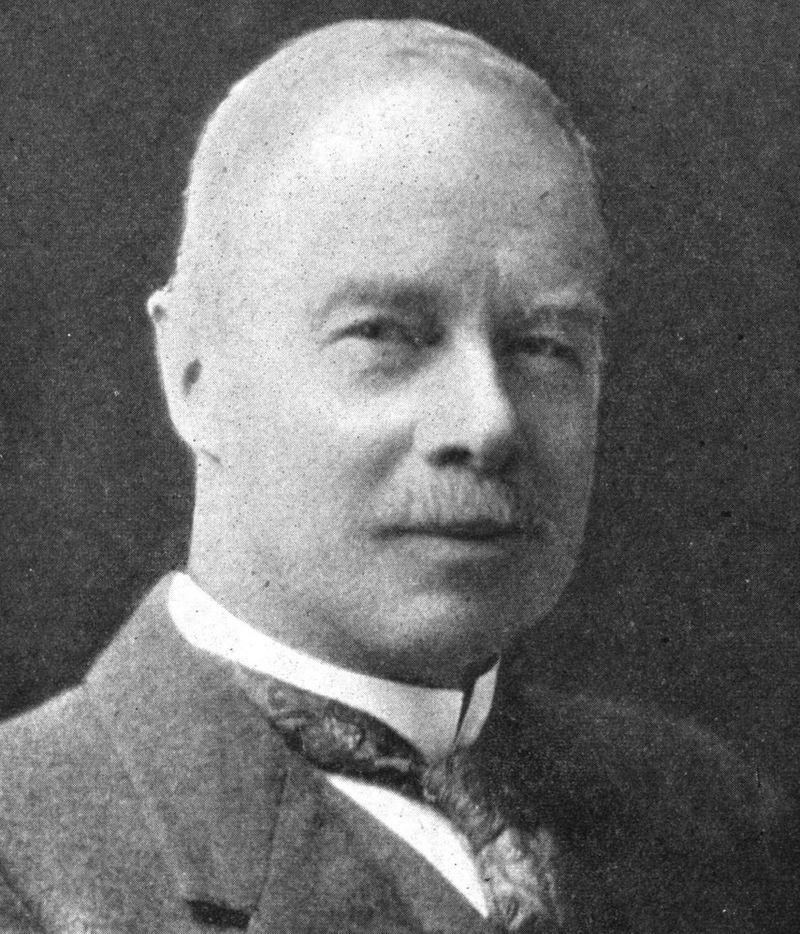
The first country to implement it nationwide was the German Empire, which began to do it on the thirtieth of April in 1916. Until the advent of devices controlled by computers like our smartphones, we had to manually adjust all the clocks in our houses, and it was very annoying. This change in the sleep schedule also causes a lot of headaches – literal headaches, we mean, not just figurative ones.
One of the Most Popular to Learn
Thanks to the fact that they share an alphabet and have lots of common roots with the English language, German is one of the most widely learned languages in the world. People who are moving from another member of the Indo-European family (English, French, Italian, and many, many others) don’t have to learn an entirely new alphabet like Russian, Japanese, or Hebrew.
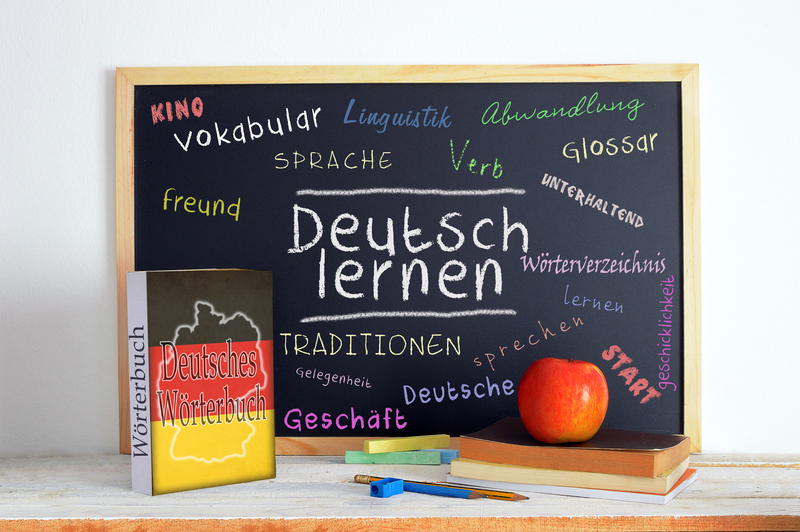
German culture is also a big part of the online presence, which gives plenty of people a reason to pick it up. The most common choice for people learning a new language is English, the second is usually French, but after that, it gets a little muddied. Many believe German is the third-most common, but sometimes it can drop down in the rankings to something like fifth or sixth.
Counting With Your Thumbs
If you wanted one of something in the United States, how would you communicate that using your fingers? Hold up an index finger, right? Sure. In America, counting starts on the index finger and ends on the thumb, but in Germany (and plenty of other European countries), counting begins on the thumb and ends on the pinky.
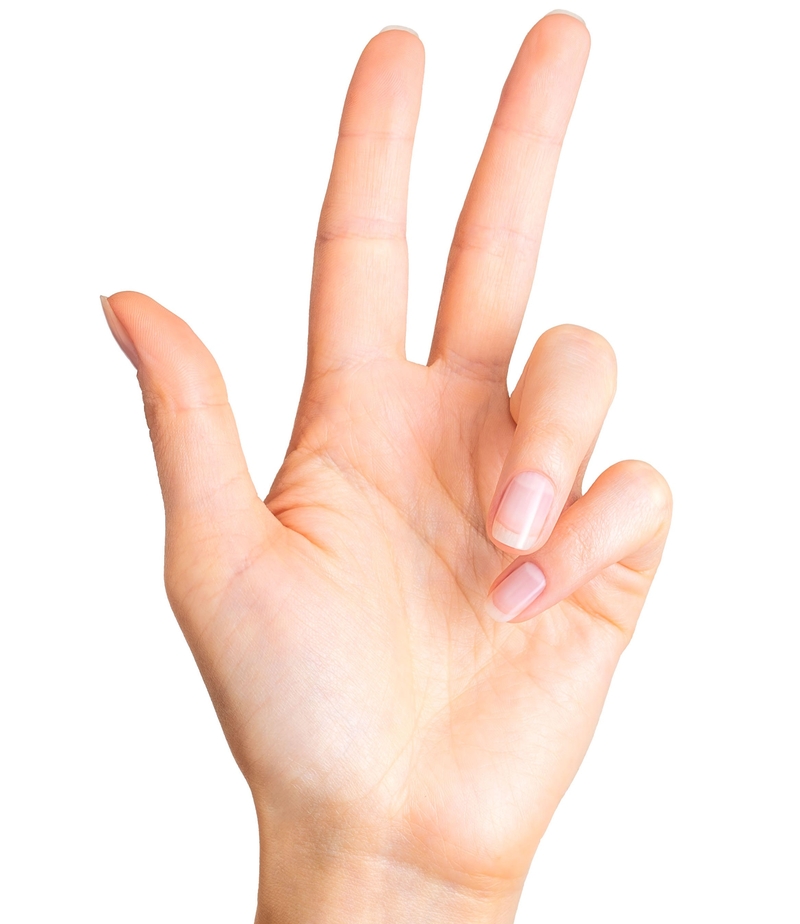
If you ever travel to Germany and want to try just one of their many famous beers, stick out your thumb like you’re hitching a ride. Holding up your thumb and index finger – or just the index finger – indicates that you want two of something. It’s hard to say why different countries count on their fingers differently, but it’s an important detail to remember if you don’t want to have to double-fist beers on your first day in the country.
The Fanciest Cabs in the World
If you look out of your penthouse window, all the way down to the city street, what kind of taxicabs do you see? If you’re in America, probably Fords or Chevys or something like that. That won’t be the case in European countries, obviously, but Germany takes it a step further. Most of the taxi cabs that you’ll see in the country are Mercedes.
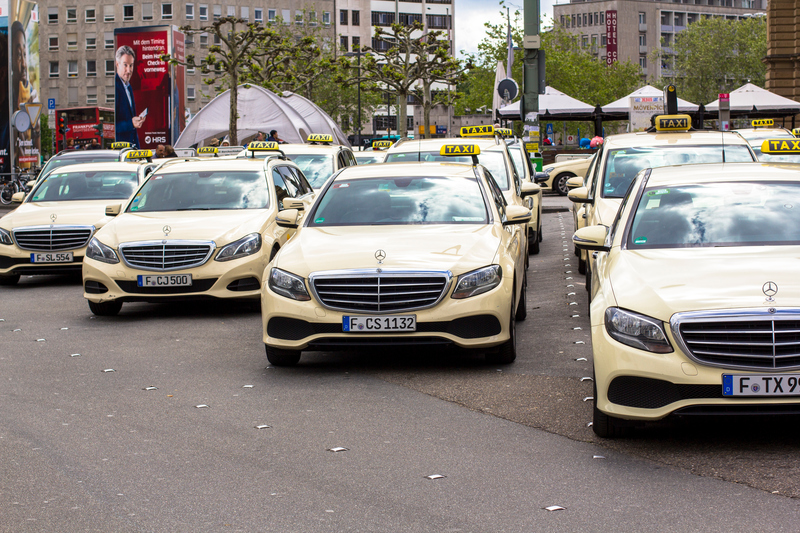
It might seem strange for such a high-end manufacturer to provide taxis, but one of the core focuses of Mercedes has been producing vehicles just for that industry. In fact, many of the cars that are produced come equipped to handle the specific alterations that many taxis need, such as taxi meters or an additional light in the passenger compartment.
A Wild Place to Visit
Any place with big cities is going to have a couple of zoos, right? Right. Germany is no exception, and in fact, it ranks among the highest when it comes to zoos per capita. It has more than three hundred of them, making it the most zoos per capita by far – the United States has a little under four hundred but has a much higher population.
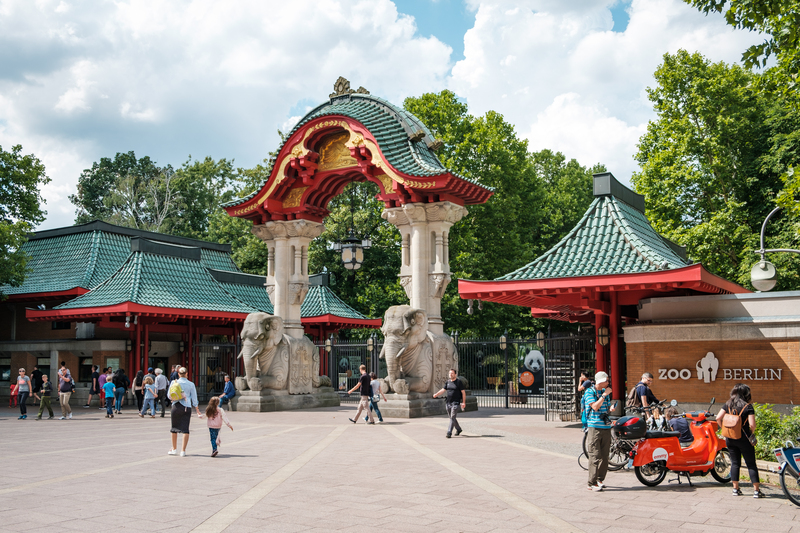
The Berlin Zoo in particular is the most-visited, and it is said to be a zoo with the highest number of species in the world – not only that, it also contains Germany’s oldest zoological garden. It has panda twins, white-lipped peccaries, something called an eagle canyon, which sounds like a lot of fun, and all the standard zoo fun – big cats, primates, elephants, and more.
Keeping Things Clean
Where does the president of the United States sit and work during the day at the office? If you answered the Oval Office, you’d be correct. That’s the official name for the room, though it seems like it could be an unofficial name. One official unofficial name is that of the office of the chancellor (generally seen as equivalent to the U.S. president) in Berlin, which is known as the “washing machine.”
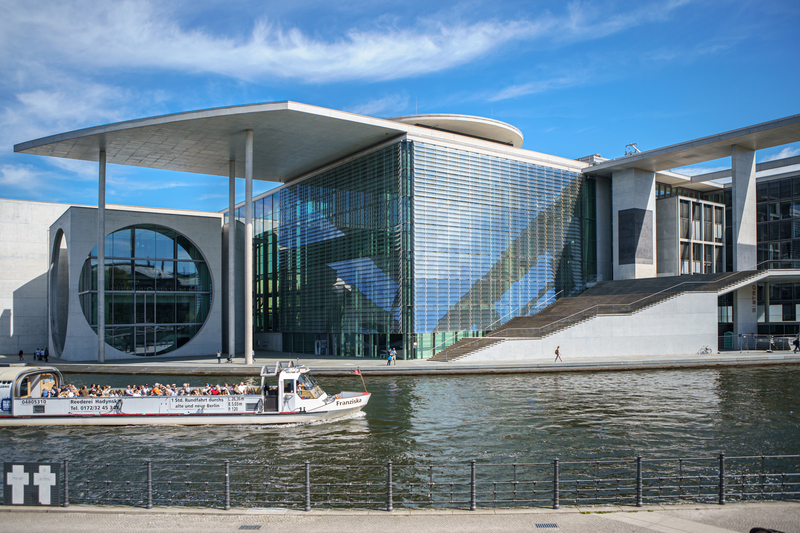
This isn’t for a political reason, though we’re sure journalists get a lot of mileage out of the name. No, it’s because of the building’s unique architecture and design, which resemble washing machines that are commonly found throughout Europe but especially in Germany and Switzerland. We’ve looked at the pictures, and yeah, it kind of does look similar.
Don’tcha Wanta?
Soft drink connoisseurs may be familiar with the fruity flavors of Fanta, but it isn’t the most common choice in the States. This soft drink actually originated in Germany in the early 1940s, during which there was a trade embargo with Germany. There was a war on, you see. The German Coca-Cola company couldn’t bring over that specific soft drink, so they started coming up with some of their own.
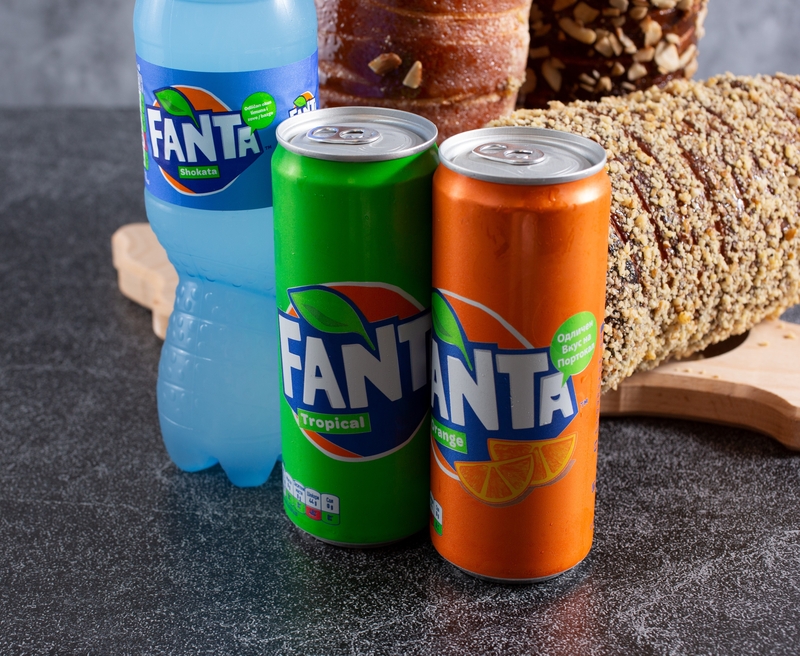
Most of them went the way of the dodo, but one brand stuck around for good. Fanta was a replacement in Germany, but it became a big seller in its own right after the war came to an end. The name of the drink is short of the German word Fantasie, which is translatable to both fantasy and imagination in English.
A Land of Poets and Thinkers
Germany has been around for quite a long time, which means there are plenty of famous people to recall from the millennia. In particular, there seem to have been a lot of philosophers and poets that come from the area. It has, at certain points, actually been dubbed “the country of poets and thinkers.” Famous thinkers include church reformer Martin Luther, Friedrich Nietzche, Immanuel Kant, Karl Marx, Hannah Arendt, Georg Wilhelm Friedrich Hegel, and many more.
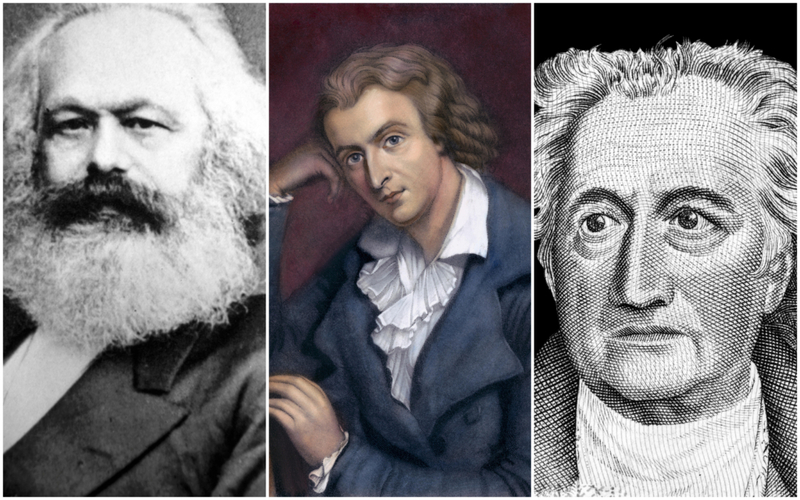
The ideas that they came up with and developed have changed the world greatly – sometimes for better, sometimes for worse. Poets include Johann Wolfgang von Goethe, the king of German poetry, as well as Friedrich Schiller, Bertolt Brecht, and Lisel Mueller. There are plenty more – far more to list in this small space.
Don’t Run Out of Gas
The roads are a little different in Germany – you can sort of go as fast as you want, kind of. But there’s one thing you can’t do, and that’s run out of fuel while you’re on the road. Specifically on a highway. Stopping on the highway due to an insufficient amount of gas is considered “human error” by the authorities.

If you’re caught with an empty tank on the side of the road by the police, then you’ll get hit with a fine – the rationale is there are plenty of places to gas up before getting on the highway, where running out of fuel can be a lot more dangerous. This fine, along with other costs like tow and more fuel, ranges from between thirty euros to seventy, depending on the severity.
The Capital Has Changed Several Times
The current capital of this country is Berlin, but that hasn’t always been the case. Like most other countries, the center spot has shifted around a couple of times. Throughout the history of Germany (in its many different forms), seven other cities have been the seat of power in the area. The medieval German Holy Roman Empire used Aachen as the primary seat of government during the reign of Charlemagne.
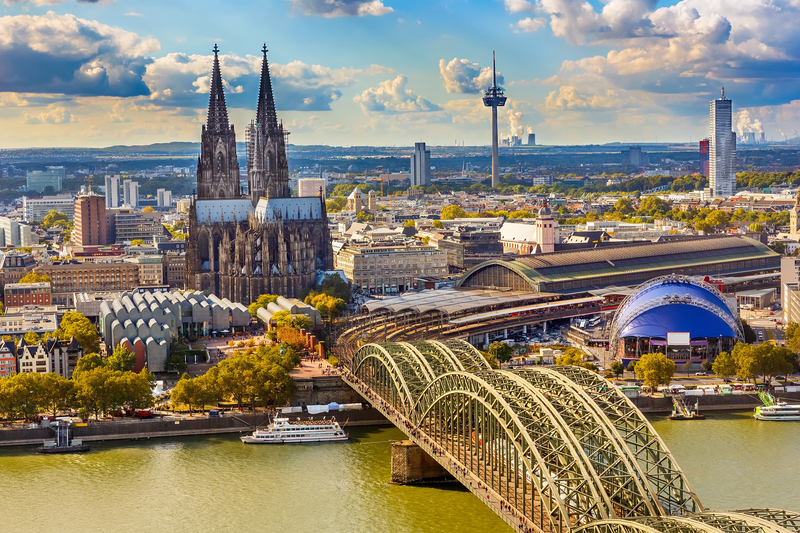
After that, the ruling emperor reigned from his hometown. In 1815, the city of Frankfurt was made the de facto German capital. After that, Berlin, before the capital was moved to Flensburg. During the cold war, Bonn saw some use, before reunification and the current location in Berlin. The country has also used Mainz, Cologne, Trier, Nuremberg, and Speyer as the top spot.
A Big Spot for Books
Since it’s a country that has such a long history in the publishing world – indeed, it was the first place to HAVE a publishing world – it should come as no surprise that Germany is a great place for book lovers. It has one of the biggest book publishing industries in terms of annual revenue. There are around two thousand publishing houses in the country, and they regularly reach more than ninety thousand titles published each year.
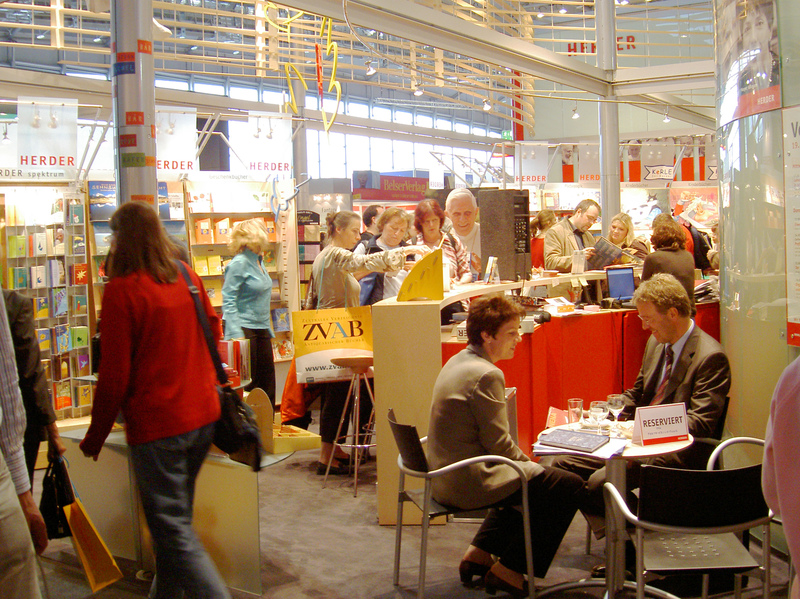
If you know anything about the American publishing industry, you know that’s an incredible number. However, unlike most countries that have the industry centralized in a single city, Germany has it spread all over. Publishing houses are distributed all over Berlin, Hamburg, Cologne, Frankfurt, and dozens of other cities. This gives writers a lot more options.
Hard to Find a Hubby
When World War I finally came to an end, Germany had suffered almost two million military deaths, and a little over four hundred thousand civilian deaths. Since only men were part of the army, this led to a very, VERY heavy gender imbalance. In fact, it was so hard to find an eligible bachelor that only one in three eligible bachelorettes ended up getting married.
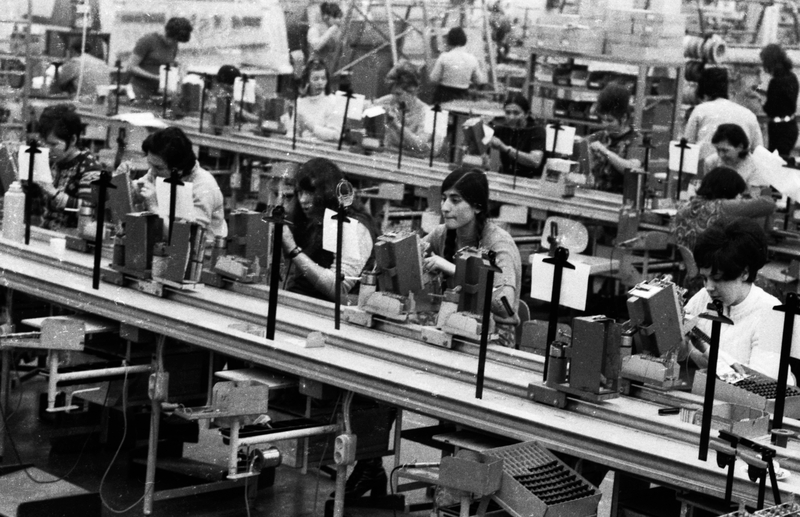
It was good news for the guys that had survived since they had their pick, but many women resigned themselves to spinsterhood. This extreme lack of men also led to many businesses opening up to female workers, such as factory workers. Sorry ladies, it looks like you’re the ones putting the food on the table for one now.
A Bunch of Schools Shut Down
While the Eastern State of Germany was under the control of the U.S.S.R., a number of schools in the area had to be shut down due to a lack of children. Because there were so few children attending, the schools had to lock their gates – not enough students meant not enough money. If a school requires X amount of money to run, that cost is divided by the number of students.
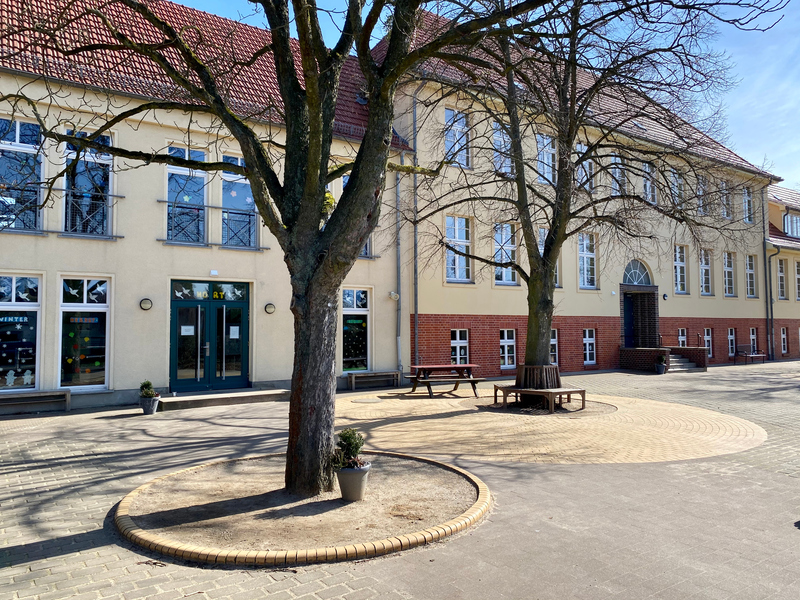
More students means each has to pay less, but there just wasn’t enough of them to keep the school running without draining the students or their families dry. Things didn’t change for these schools until almost twenty years after the reunification of Germany, in 2009. By that point, enough children were in the area to open the schools back up.
The Classic American Meal Is Actually German (Kinda)
If you’re like most Americans, you’ve probably enjoyed a burger recently. Some people can hardly go a week without enjoying this classic American meal. But it turns out it might not actually be American! It’s obviously very popular in the States, but where did it actually come from? The name came from the Hamburg steak, which is what a lot of German immigrants to the United States ate.
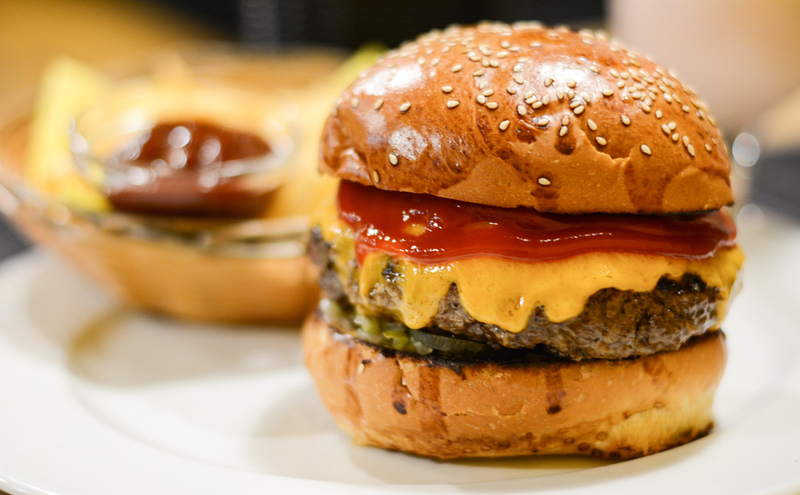
It’s a method of creating a steak using ground beef, just like a hamburger sandwich. Which, coincidentally, is what a “hamburger” was called back before they became more popular. Yes, there’s nothing like going to a diner and getting a hamburger sandwich and a plate of french-fried potatoes for an all-American meal. Now that’s quality cuisine.
That’s a Little Surprising
We’re going to ask you a question you probably knew the answer to – or thought you did. Where is the game Chinese Checkers from? You might have thought China (for obvious reasons), but just asking that question is making you narrow your eyes and think about it. We’ll cut right to the chase: it’s German. For some reason, the name was given to the game Stern-Halma, which is a game that is a variation on an even older American game, Halma.
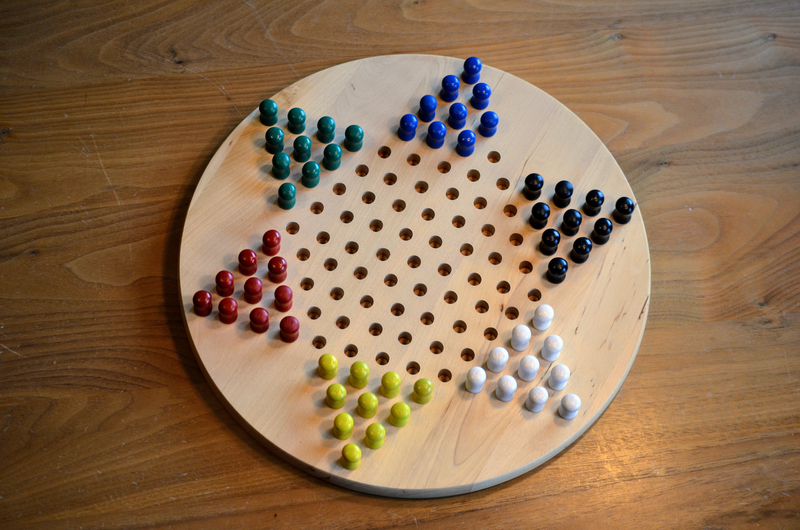
Chinese checkers have no relation to China or Asia as a whole, and it isn’t even related to Chinese Chess – which IS actually from China. Halma is from the Greek word for “Jump,” and it was invented by a thoracic surgeon from the States. A few small details have changed, but the game is generally the same in terms of gameplay.
A Surprising Cinema Snack
Just like in America, one of the most common things to munch on while watching a film in a movie theater is popcorn – but there’s a big difference. Instead of a coating of salt and better like we enjoy in the States, the popped corn is topped with sugar! You might have enjoyed this concoction yourself, but it’s far more popular in Germany than it is in a lot of other places. It’s commonly eaten in stadiums and during the yearly Oktoberfest celebration.

Not only that, but it can be bought at grocery stores, candy shops, and lots of other places. The best part is, that it’s simple to make on your own: you’ll need popcorn (duh), butter, brown sugar of any variety, and some golden syrup – that will be the hardest item to find if our experience is any indication. You can make your own with a little extra work, though.
A Problem With Youtube
If you have a music video – or almost any other kind of video – that you feel like watching, there’s usually one site you go to, and that’s YouTube. It’s been the site to upload or watch videos since it began in 2005, and it’s now one of the most popular sites in the world. Except in Germany. About sixty percent of the site’s most popular videos, as hard as that is to quantify, are blocked.

YouTube and GEMA (Society for Musical Performing and Mechanical Reproduction Rights, though it uses some crazy German words) got into a big dispute about liable damages due to videos being uploaded without the holder’s permission. If you’re in Germany and want to watch some of your favorite videos, you will have to find another way to do it.
One of the Lowest Birth Rates
A 2015 study of all the European countries found that Germany has the lowest birth rate in the continent, at least recently. The study tells us that out of every one thousand people living in Germany, only 8.2 children were born. We must admit that there are a whole lot of details left out of this very short explanation (over what period of time?

What’s the average age? Do people already have children, and are these just the ones born during the time of the study?) but it’s a low number compared to the rest of the continent, at least. Data HAS shown a clear depletion in Germany’s labor force since the end of World War II as larger generations give way to smaller ones.
A Disease-Resistant Gene
Surprisingly, doctors have actually found a gene in about ten percent of the German population that makes them resistant to contracting HIV. A cell mutation known as CCR5-delta 32 can help to prevent HIV cells from entering the body. The gene is found all over Europe, with the rates still at about ten percent, and it’s thought that this is because of the Black Plague that ravaged Europe during the Middle Ages.

How, exactly, is hard to determine, but maybe the people who survived the plague passed on disease-resistant genes in some way, leading to this outcome. We’re not sure if the Black Plague and HIV are that close when it comes to how they function as diseases, but having a system that is better at keeping disease from even getting inside your body helps a little, right?
Germany Has WHAT Roaming the Countryside?!
This is information that we certainly weren’t aware of, but apparently, Germany is home to herds of radioactive boars! Yes, you DID read that correctly, radioactive boars. Allow us to explain/terrify: 1986 was the year of the accident at the Chornobyl nuclear reactor, and it caused a whole lot of issues for the countries surrounding it – problems that are still being dealt with to this day.
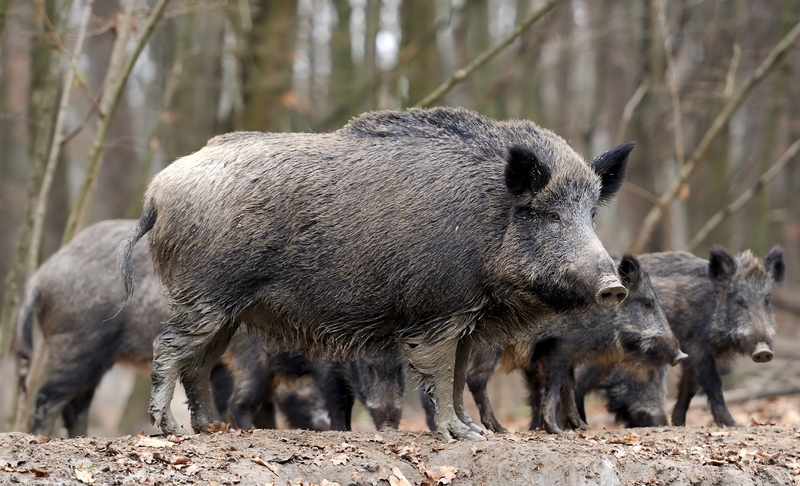
The cloud of radioactivity has spread over Russia, Ukraine, and a great deal of Europe thanks to wind and rain carrying it away. One result of these things is the radioactive boars that has been found roaming around Germany. Boar meat used to be a regular part of many a German’s diet, but the consumption of the animal had to be stopped due to this factor.
Fake Bus Stops
If we told you part of Germany had fake bus stops, you would probably be a little confused, but we can make it all clear. The “part” of Germany that we’re talking about is the number of nursing homes. Elderly people with dementia often try to leave the nursing home, since they think they need to go home or check on the kids, or any number of other things that they believe are true.
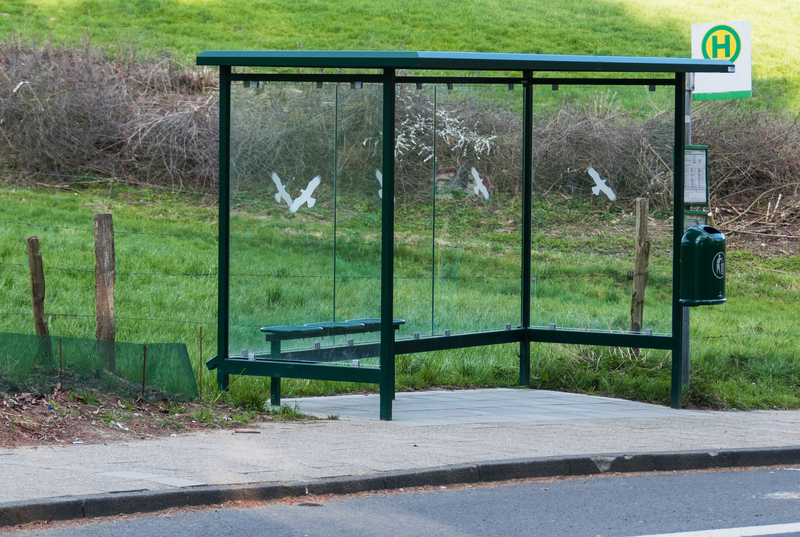
Nursing homes have installed bus stops around the corner that have no buses running to them, in case a wandering resident gets out the door. They go to the bus – something they likely did a million times as a younger person – and then are collected and brought back to their safe rooms. They’ve been used since 2009 and have been a great help, apparently.
A Rule That We Like
Nobody in their right mind would try to get a piano tuned at midnight, would they? Maybe, but regardless of being in the right mind or not, a few too many Germans have tried to do just that. It seems it’s illegal to get your piano tuned at midnight...but we’re going to go out on a limb and say that’s just a very specific way of saying “Don’t make a ton of racket once it gets late.”
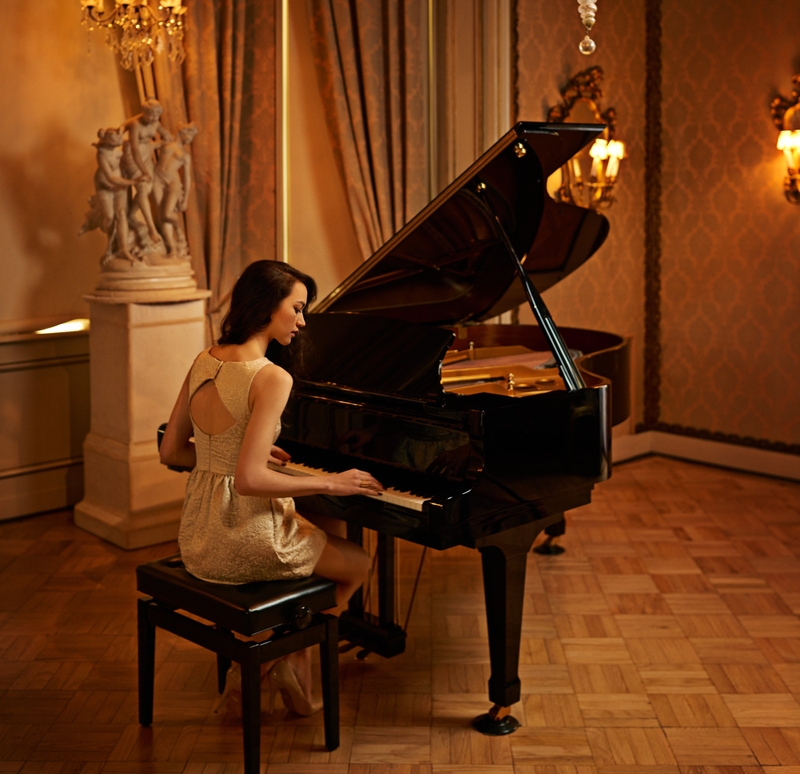
Doing so could result in you having to pay a fine if people complain. It looks like Germans value their peace and quiet once the sun goes down, which is something that we can all probably appreciate. You’d think that it would be a common courtesy not to make too much noise at night, but some people might not get it.
Travel Made Easy
Traveling between countries can sometimes be a hassle, but a person with a German passport has it a lot easier than most. If you’re in possession of a passport from Germany, you’re able to travel to almost two hundred countries without needing a visa (or with a visa on arrival as of 2019).
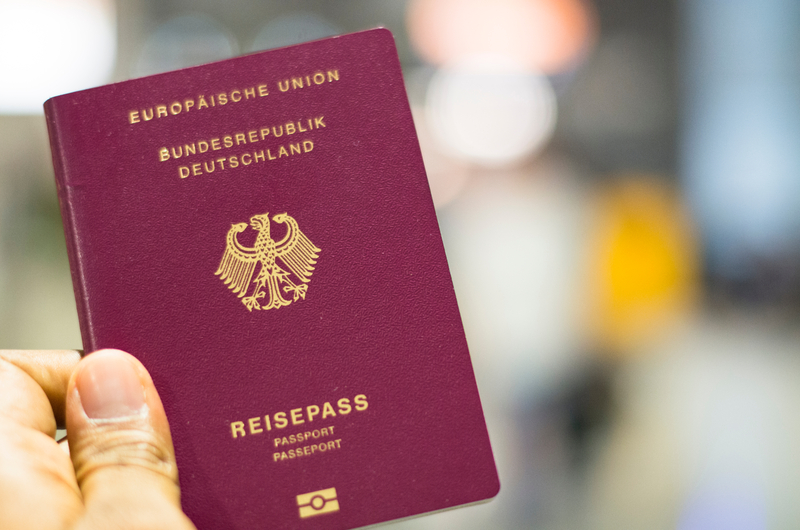
Travel between European countries is often quite easy to do thanks in part to how small and interconnected they are, but this looks like a step above even that. There’s still a healthy number of countries that require a visa, but a good number of them are places like North Korea or Afghanistan – places one doesn’t travel to on a whim, let’s say. But for most, all you have to do is hop on a plane.
No Urns Inside Houses
There’s a rule in Germany – as well as a number of other European countries such as Sweden and Finland – that an urn full of the ashes of a deceased person cannot be kept inside the house. The ashes have to be spread in nature or buried as with a traditional coffin since that’s how the law considers them, coffins. And you can’t just keep a coffin in the house. Bodily remains HAVE to be interred.

It would be difficult for anyone to find out if you did keep it at home (unless you have some really nosy neighbors), but you’d have a hard time convincing a funeral director to hand over the urn for you to keep. You could also get permission to transport the urn to another country and take it home, instead. That would still be illegal, though.
Pucker Up
If you have a toothache while you’re in Germany, you could go to the dentist...or you could kiss a donkey. Yes, folks, folklore tells us that kissing a donkey will magically heal your aching tooth. The tradition began in the Middle Ages and is still repeated (no doubt just for a bit of fun) today. We’re not sure why this would be the case, other than just magic, but there is one possible solution.
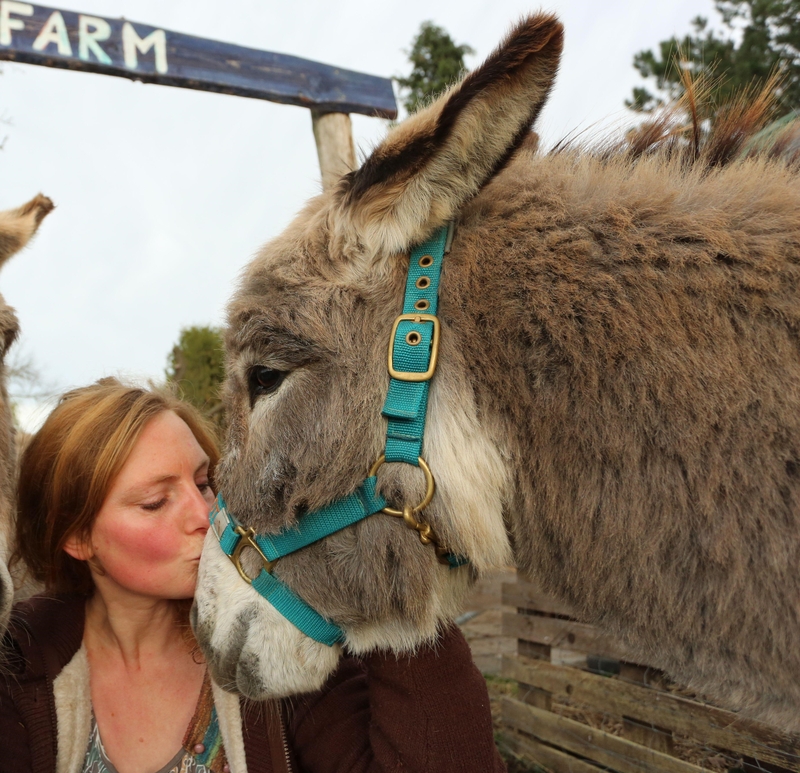
Donkeys, like their close relatives the horse, will kick someone if they get too close and act in an untoward manner. Maybe the idea was that if you have a toothache, and you kiss a donkey, it will kick that bad tooth right out of your head. The problem is, it will also kick all the other teeth right out of your head as well.
Germany’s Oldest Brewery
The place is wild about beer, but which German brewery has been working for the longest amount of time? Well, it’s actually an abbey: Weihenstephan Abbey, also known as Kloster Weihenstephan. It was originally a monastery for Benedictine monks located in Weihenstephan, now a part of the Freising district in the state of Bavaria. This little brew spot has been in constant, continuous operation since 1040 A.D.!
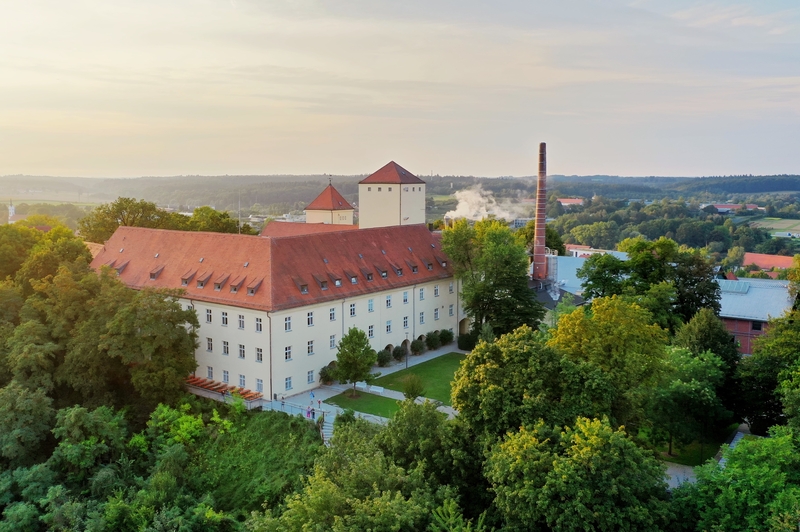
Less than twenty years until it hits an entire millennia of operation! That is amazing, and we sort of wish we could get an invite to the inevitable party. We bet that is going to be a bash to remember. But believe it or not, it could go back even further – records show a hop garden in the area paying a tithe to the monastery as far back as 768, meaning it could be almost three hundred years older.
Put the Card Away
Cash, while still important to carry and have on you in many cases, is becoming a less and less popular form of payment around the world. That might be true in Germany, too, but it’s still by far the most common method used in the country. A study done in 2017 found that about three-fourths of all transactions in the nation were done with cold, hard cash.
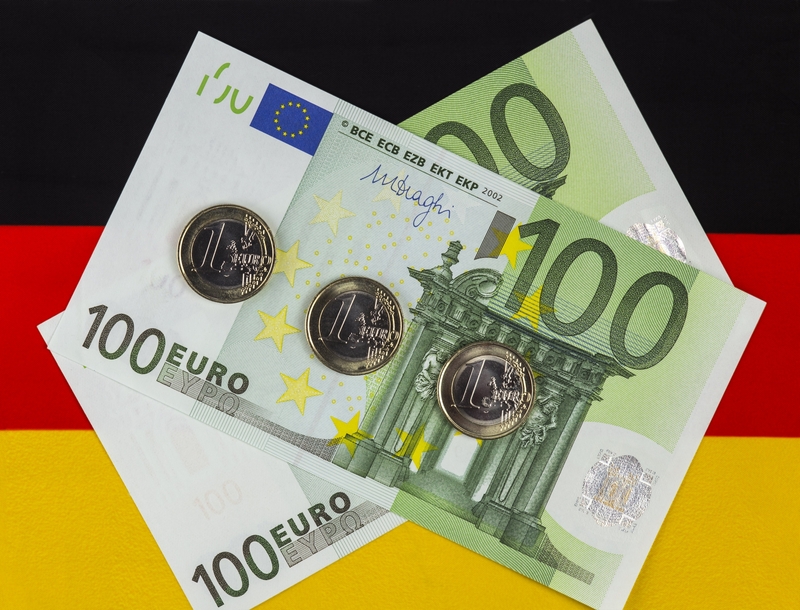
That’s by far the most popular choice, despite Germany having just as many options for cards and digital payment as the other developed nations of the world. Most likely it’s just the culture, which has focused on physical money. It could also be a history of the banks not being dependable – during certain eras, people burned their paper money for warmth instead of spending it.
Surely This Will Go Well
We all know exactly what we think of when we imagine McDonald’s: class, sophistication, and getting your drink on. Oh, no, wait, that isn’t right. There’s nothing wrong with McDonald’s, but they don’t sell alcohol, do they? In Germany, it turns out they do! It is, in fact, one of the few countries where both locals and tourists can buy a little beverage as you enjoy your burger, fries, or chicken nuggets.
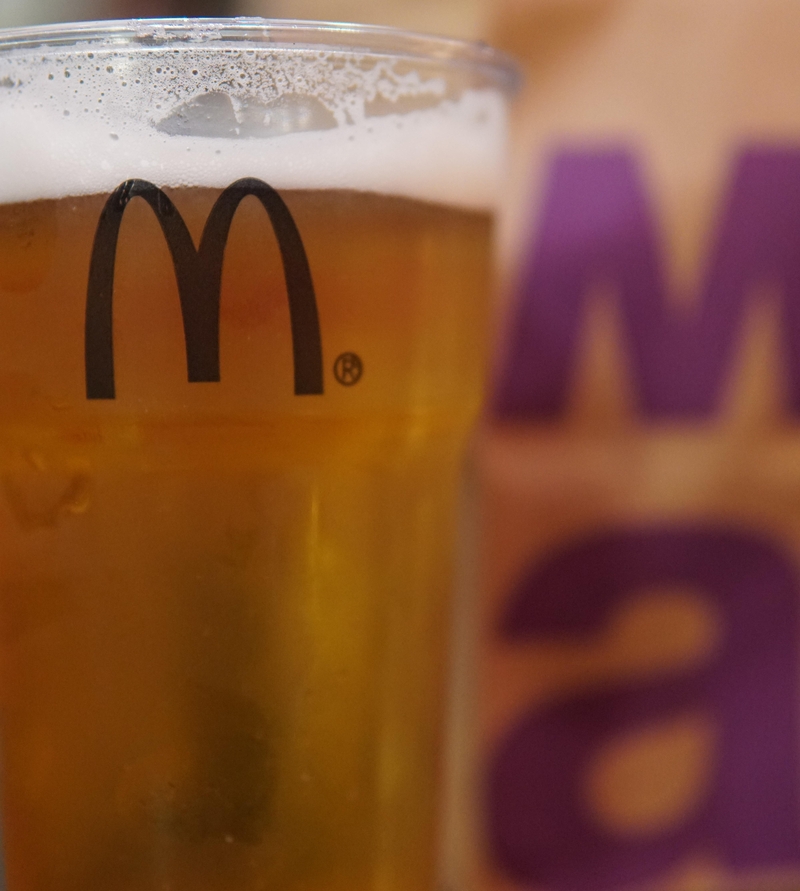
It seems this isn’t even a relatively new development, either – the city of Munich has allowed the local McDonald’s to sell beer since all the way back in 1971. It’s also where the first McDonald’s in Germany was built, so that might have something to do with it. Now the question is: do they have their own brand of beer?
A Storied National Anthem
The story behind the German national anthem, “Deutschlandlied,” is an interesting one. It was originally composed by famous Austrian musician Joseph Haydn in 1797 for the birthday of Francis II, Emperor of the Holy Roman Empire and later Austria, and it was originally known as “Emperor’s Hymn.” The lyrics were based on a poem written by Heinrich Hoffman von Fallersleben.
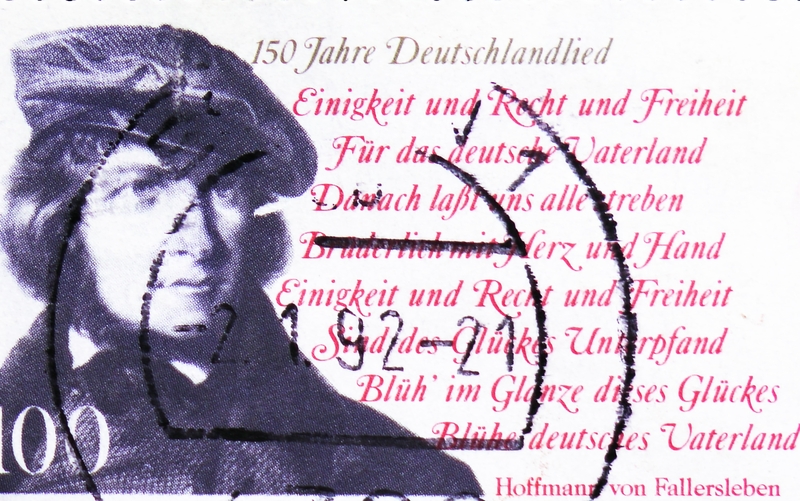
However, since 1952, only the third verse of the song is used due to some unfortunate wording that one might associate with the ruling party of Germany during World War II. A phrase that occurs during that third verse, “Einigkeit und Recht und Freiheit” (Unity and justice and freedom) is considered an unofficial motto of the country, often inscribed on the belt buckles of the modern German army, and on a number of coins minted for the country.
The Most Famous Fairy Tale Castle
If you're a fan of fairy tales or castles or both, you might be familiar with the Neuschwanstein Castle. It’s on top of a hill, surrounded by trees, with spires rising into the sky. It looks exactly like the sort of thing that would show up in a classic Disney film, containing a bored prince or a wistful princess.
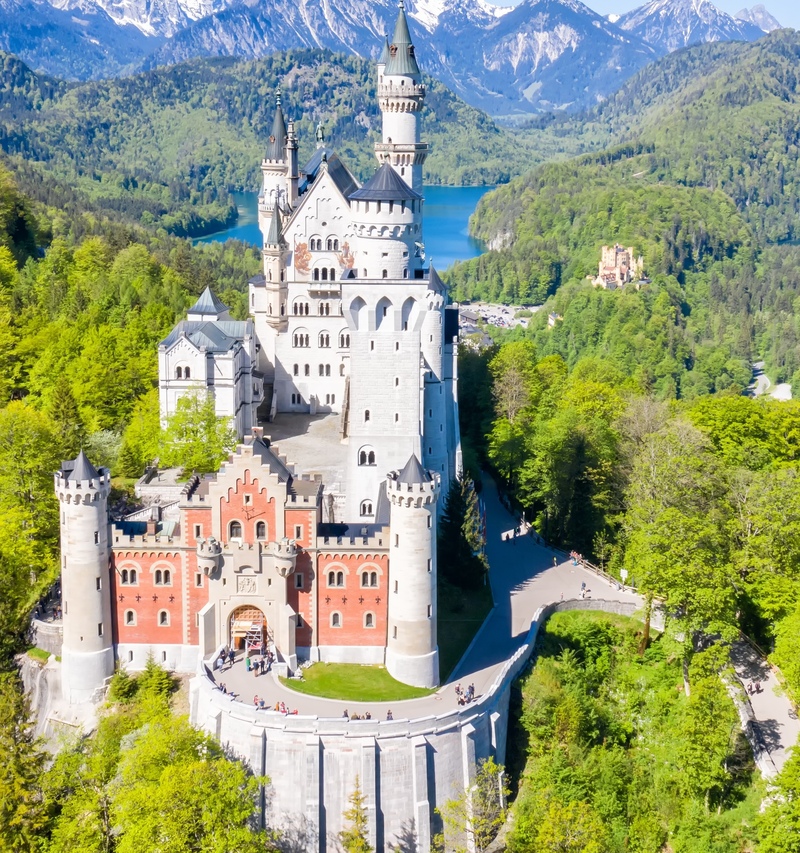
It was built by King Ludwig II of Bavaria, who is known as the “Fairy Tale King” for some reason, in honor of the composer Richard Wagner. It’s in the very south of Germany, on the border with Austria. The castle was used as an extravagant retreat for the King, who felt the need to escape the exposure and public eye that he was under while in Munich.
You Will Never Forget What Time It Is
Maybe you have a cuckoo clock in your home, or maybe there is one in the home of an older relative. They might not be as common nowadays, but they’re incredible pieces of craftsmanship that come straight from Germany. What do you think the biggest one in the world is? If you think that it’s in Germany, you’re for sure right, but just HOW BIG is it?
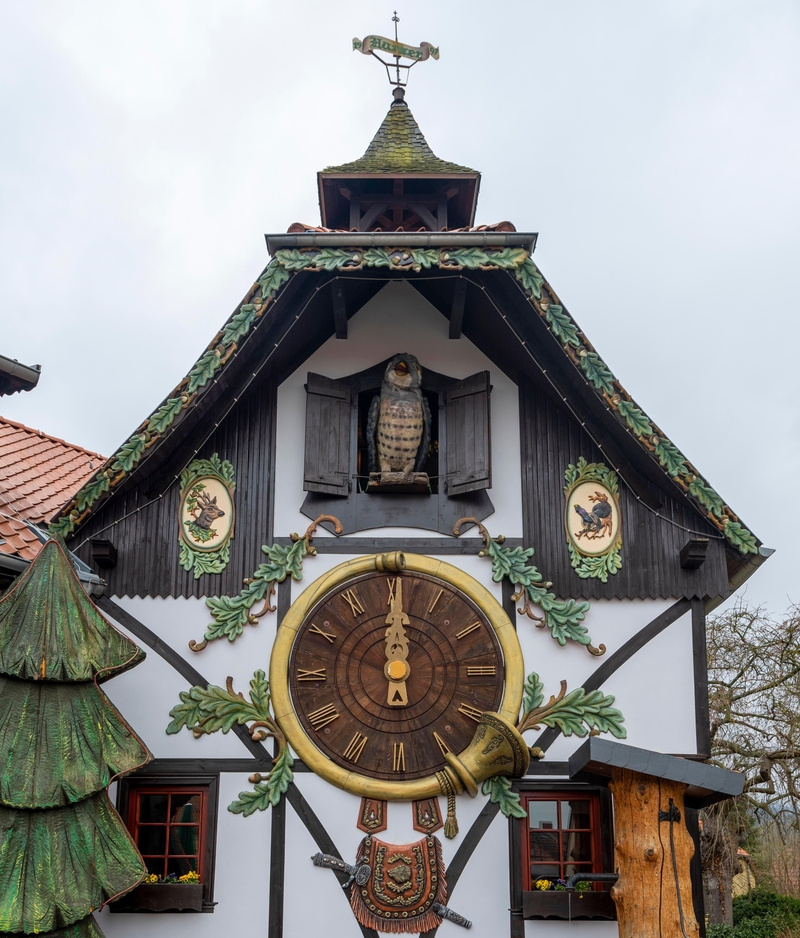
Well, let’s put it this way: you know the little pendulum that swings back and forth? In the biggest cuckoo clock, that pendulum is eight meters long. That’s more than twenty-six feet! It’s found in Triberg, and the largest gear has a diameter of almost TWELVE METERS! The thirty-centimeter cuckoo appears every thirty minutes, and we’re guessing the entire town can hear it.
The New Year’s Movie
Every country has its own interesting little traditions, and Germany is no exception. One odd thing that a lot of Germans do is watch the movie “Dinner for One” on New Year’s Eve. It’s a 1963 comedy movie that is also known as “The 90th Birthday.” It’s not the only country that likes to watch it – others include Austria, Switzerland, Denmark, Sweden, Norway, Finland, and Estonia.
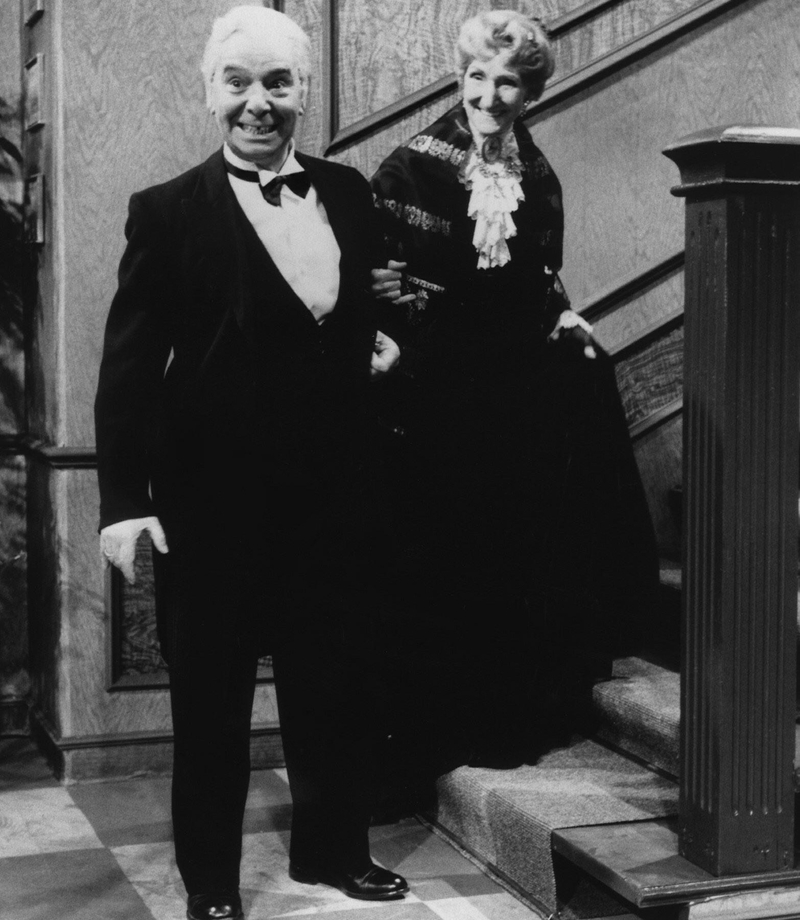
It’s a two-hander (with only two people) comedy sketch that lasts a mere eighteen minutes in black and white. The comic premise is a classic one, with an old woman inviting her four favorite friends to her birthday, despite them all dying already. This requires her butler to impersonate all of the guests without her knowledge. It’s been called the greatest cult film you’ve never heard of.
A Delicious-Sounding Little Cake
A sweet tradition that Germans have for the holiday season is something called stollen. It’s yet another kind of delicious German bread, and it’s also known as the Christmas Cake. It’s a little similar to fruitcake in that it contains dried fruit and nuts and some spices, but it doesn’t have all the negative connotations that fruitcake does in the States.

It also includes a dose of marzipan – a concoction consisting of sugar, honey, and almond meal that can be a useful way to shape the dough that you’re working with. It’s kind of like play-dough in that way. The traditional shape for this holiday treat is that of baby Jesus wrapped in swaddling clothes. As someone who has tried it, we can give it a full recommendation.
He Didn’t Get It Wrong
You might know that President John F. Kennedy went to Berlin in 1963 and stated “Ich bin ein Berliner.” You might also know that his quote has frequently been translated to “I am a jelly donut,” since a Berliner is a type of jelly donut in many parts of the country. It does mean that in the north, west, and southwest of the country, but you see Berlin is in the east part of the country.
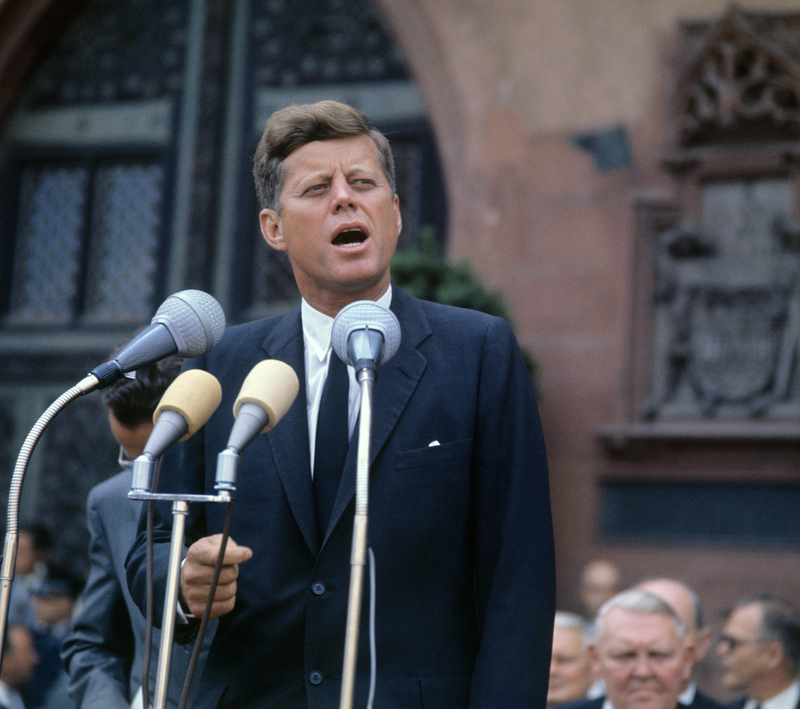
There, the word for a jelly donut is “Pfannkuchen.” For the people of Berlin – whom he was speaking to – it would have meant exactly what he wanted it to mean. In addition, there’s the idea that even if there was another meaning for the word “Berliner,” the sentiment was still there, and the people of Berlin appreciated it anyway.
A Good Place for Expats
When a person moves out of the country of their birth to a different place, they’re known as an expat, an expatriate. It turns out that Germany is one of the most common destinations for people who want to get away. In 2019 alone, more than a million and a half people moved to Germany from other countries. About four hundred thousand of those people were students.
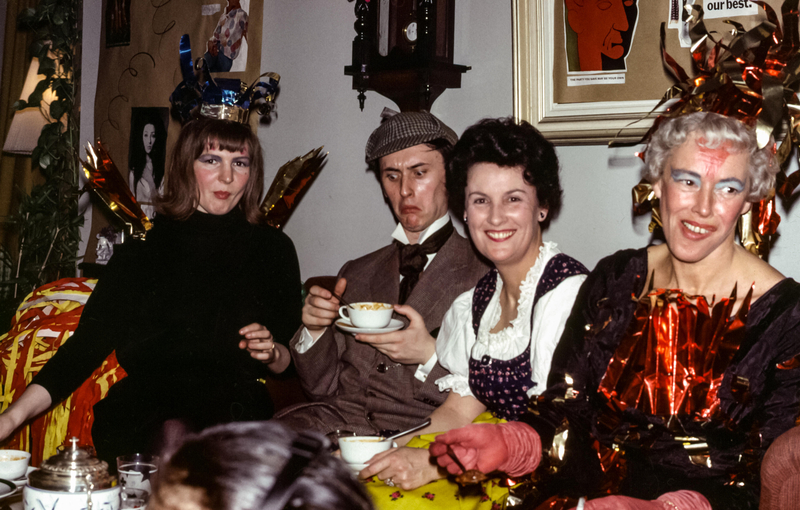
In addition, about twenty percent of the total number of students are from other countries. The country boasts about thirteen million immigrants who come from around the world, with a high percentage of them originating from Turkey, Poland, and Italy. Big draws for those immigrants include a strong economy and a robust educational system, as well as all the beer we assume.
Good Working Numbers
Germany’s economy is a good one, as is the percentage of people who are part of the workforce. In 2016, over half of the people in the major working ages (15-64) were working, and unemployment was at a record low of just over four percent. Those numbers are a little old by now, but the 2023 numbers are only slightly worse – the jobless rate clocked in at about five point seven percent.

It is slightly higher, but then again a whole lot of the world has gone through some major stuff in the past couple of years – that number is still pretty good. About three-fourths of the workforce is part of the services sector. Germany also has an average salary of forty-two thousand euros — good for the eleventh highest in the continent.